Retreat from development aid continues as more governments announce funding cuts
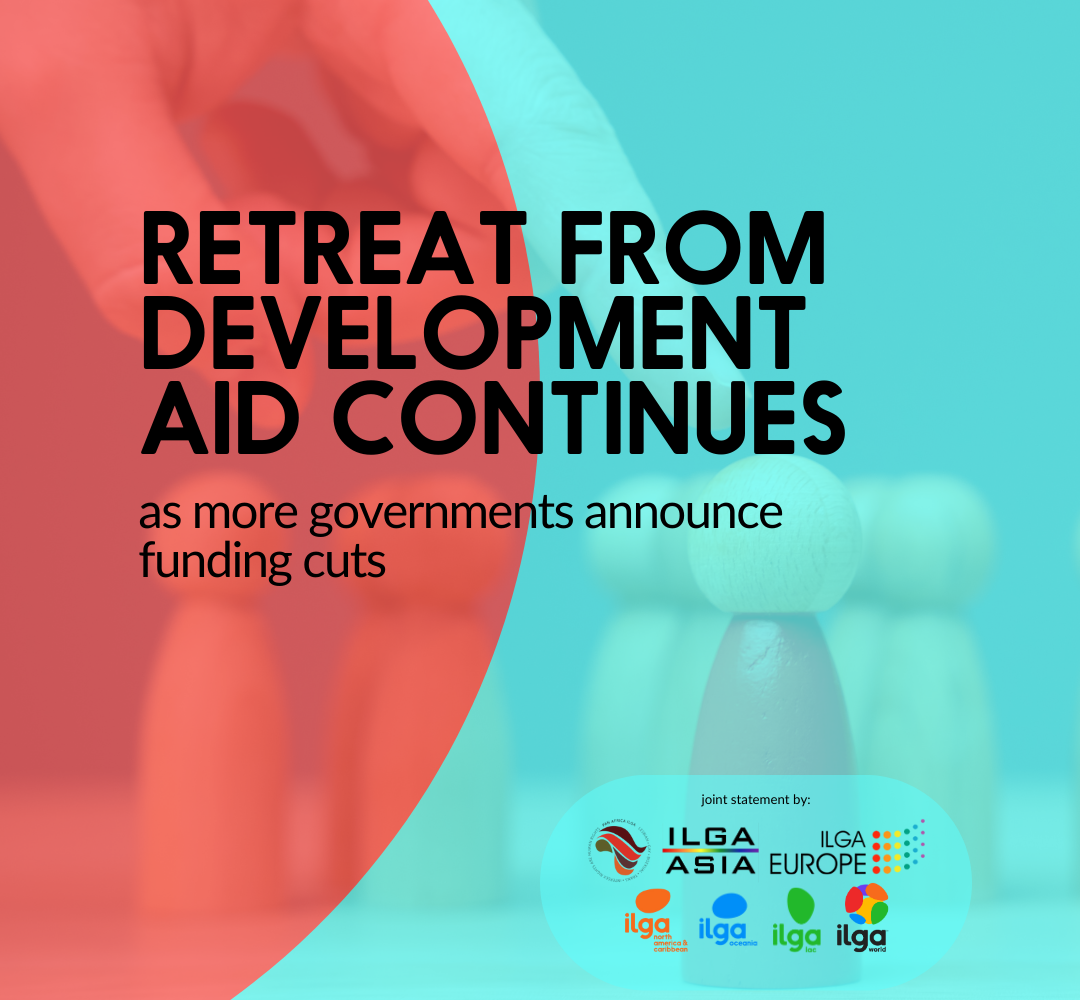
Joint statement by ILGA World, Pan Africa ILGA, ILGA Asia, ILGA-Europe, ILGA-NAC, ILGA Oceania, ILGALAC
Spanish version is available below.
Geneva, 11 March 2025 – ILGA expressed concern today as more governments follow the pattern of drastically cutting foreign aid. So far in 2025, in addition to the United States, the governments of the United Kingdom and the Netherlands announced severe decreases in their ODA (Official Development Assistance), using strong rhetoric while dropping their commitments towards marginalised communities. Switzerland, Belgium, and France have also announced plans or initiatives to follow suit. The impact on communities at risk and on civil society will be devastating.
“Governments are making the conscious choice to stop, or gut, investing in foreign aid,” said ILGA World executive director Julia Ehrt. “These cuts have very concrete consequences, for civil society at large and the provision of health services — including reproductive health — in ODA recipient countries.”
“Health and community centres will no longer be able to access resources and serve marginalised communities. Projects to advance their safety, well-being, and dignity will be shut down due to these government actions. Make no mistake: governments know that these choices will put thousands of people’s lives at risk – yet they’re withdrawing their long-standing support anyway without offering alternatives.”
Since January 2025, the human rights, aid, and development sectors have been facing unprecedented and multiple budget cuts and freezes – with a systematic defunding of work supporting LGBTI people, women and girls, and vulnerable people living in conflict zones and humanitarian crises. These are occuring at a time of a rise of harmful political narratives that target civil society and political participation, and create more space for democratic backsliding and decline in rule of law.
Across ILGA’s six regions, the impact has and continues to be far reaching and devastating, particularly to those who rely on member organizations for support and services. We have seen the closure of offices and reduction in staff and programs. In countries and communities in the global South that already struggle with systemic violence and discrimination, the financial hit amplifies and strengthens the movement against justice, rights and freedom.
Now, the United Kingdom will decrease spending on international development by 40% to only 0.3% of their GDP, to increase their defense expenses by a mere 10%. The decision has been decried by UK International Development Minister Anneliese Dodds herself, who resigned over the prime minister’s cuts to the aid budget. Meanwhile, the Netherlands will cut EUR 2.4 billion from 2027, claiming that “Dutch interests will take precedence”. Despite the majority of the Dutch Parliament has repeatedly expressed support for aid improving the health and equality of women, girls and LGBTI people, the Ministry’s policy letter on international development does not explicitly mention LGBTI communities even once.
Similarly, the Swiss government confirm it will slash its foreign aid budget by CHF 110 million this year; Belgium will cut its foreign aid budget by 25% over five years under a new coalition deal struck at the end of last month; and France is planning to reduce public development aid by up to 40 percent as part of its EUR 32 billion budget cuts for 2025.
While civil society organisations have been dealing with restructuring of development aid since 2020, with priorities rapidly shifting in the aftermath of the Covid-19 pandemic and the war in Ukraine, the public motivation given to justify these new cuts is unprecedented.
“We are particularly alarmed by the rhetoric used in these announcements,” Ehrt continues. “If States are so concerned with their national interests, they should know that inequality is the primary cause of social unrest. And yet, they choose to make the world more unstable and hence less secure by de-prioritising human rights and social justice work.”
“Civil society has been grappling with the effects of shrinking space globally. Countries that have traditionally supported civic organising are now withdrawing support. This will accelerate the decline of democracies worldwide. Every day, we hear news of organisations barely staying afloat and people counting on their support thrown into despair. The world is becoming more unstable by the day: this is not the time for States to turn their backs on those in need. We call on more donors to step in, and for States to listen to the needs of marginalised communities and provide them with a lifeline through sustainable funding.”
Notes to editors:
ILGA World is a worldwide federation of more than 2,000 organisations from over 170 countries and territories campaigning for the human rights of people with diverse sexual orientations, gender identities and expressions, and sex characteristics. https://ilga.org
In the text of this statement, “ILGA” refers to ILGA World, ILGA Oceania, ILGA Asia, Pan Africa ILGA, ILGA-Europe, ILGA North America & Caribbean; ILGA Latin America and the Caribbean.
Continúa el retroceso de la ayuda al desarrollo a medida que más gobiernos anuncian recortes de financiación
Declaración conjunta de ILGA Mundo, Pan Africa ILGA, ILGA Asia, ILGA-Europe, ILGA-NAC, ILGA Oceania, ILGALAC
Ginebra, 11 de marzo de 2025 – La ILGA ha expresado hoy su preocupación ante el hecho de que cada vez más gobiernos sigan el patrón de recortar drásticamente la ayuda exterior. En lo que va de 2025, además de Estados Unidos, los gobiernos del Reino Unido y de los Países Bajos han anunciado fuertes recortes en su AOD (Ayuda Oficial al Desarrollo), utilizando una retórica contundente mientras abandonan sus compromisos con las comunidades marginadas. Suiza, Bélgica y Francia también han anunciado planes o iniciativas para seguir su ejemplo. El impacto en las comunidades en riesgo y en la sociedad civil será devastador.
«Los gobiernos están tomando la decisión consciente de detener o reducir las inversiones en ayuda exterior», dijo la directora ejecutiva de ILGA Mundo, Julia Ehrt. «Estos recortes tienen consecuencias muy concretas para la sociedad civil en general y la prestación de servicios de salud, incluida la salud reproductiva, en los países receptores de AOD».
«Los centros de salud y comunitarios ya no podrán acceder a los recursos y atender a las comunidades marginadas. Los proyectos para mejorar su seguridad, bienestar y dignidad se cancelarán debido a estas acciones gubernamentales. No se equivoquen: los gobiernos saben que estas decisiones pondrán en peligro la vida de miles de personas, pero, aun así, están retirando su apoyo de larga data sin ofrecer alternativas».
Desde enero de 2025, los sectores de derechos humanos, ayuda y desarrollo se han enfrentado a múltiples recortes y congelaciones presupuestarias sin precedentes, con una retirada sistemática de fondos para el trabajo de apoyo a las personas LGBTI, las mujeres y las niñas, y las personas vulnerables que viven en zonas de conflicto y crisis humanitarias. Esto ocurre en un momento de auge de narrativas políticas dañinas en contra de la sociedad civil y la participación política, y crean más espacio para el retroceso democrático y el declive del Estado de derecho.
En las seis regiones de la ILGA, el impacto ha sido y sigue siendo de gran alcance y devastador, especialmente para aquellas personas que dependen de las organizaciones miembros para recibir apoyo y servicios. Hemos visto el cierre de oficinas y la reducción de personal y programas. En los países y comunidades del Sur global que ya luchan contra la violencia y la discriminación sistémicas, el golpe financiero amplifica y fortalece el movimiento contra la justicia, los derechos y la libertad.
Ahora, el Reino Unido reducirá el gasto en desarrollo internacional en un 40 % hasta solo el 0,3 % de su PIB, para aumentar sus gastos de defensa en apenas un 10 %. La propia ministra de Desarrollo Internacional del Reino Unido, Anneliese Dodds, que dimitió por los recortes del primer ministro en el presupuesto de ayuda, ha criticado la decisión. Mientras tanto, los Países Bajos recortarán 2 400 millones de euros a partir de 2027, alegando que «los intereses neerlandeses tendrán prioridad». A pesar de que la mayoría del Parlamento neerlandés ha expresado en repetidas ocasiones su apoyo a la ayuda para mejorar la salud y la igualdad de las mujeres, las niñas y las personas LGBTI, la carta política del Ministerio sobre desarrollo internacional no menciona explícitamente a las comunidades LGBTI ni una sola vez.
De manera similar, el gobierno suizo confirmó que recortará su presupuesto de ayuda exterior en 110 millones de francos suizos este año; Bélgica recortará su presupuesto de ayuda exterior en un 25 % durante cinco años en virtud de un nuevo acuerdo de coalición alcanzado a finales del mes pasado; y Francia tiene previsto reducir la ayuda pública al desarrollo hasta en un 40 % como parte de sus recortes presupuestarios de 32 000 millones de euros para 2025.
Si bien las organizaciones de la sociedad civil han estado lidiando con la reestructuración de la ayuda al desarrollo desde 2020, con un rápido cambio de prioridades a raíz de la pandemia de la Covid-19 y la guerra en Ucrania, la motivación pública dada para justificar estos nuevos recortes no tiene precedentes.
«Estamos especialmente alarmados por la retórica utilizada en estos anuncios», continúa Ehrt. «Si los Estados están tan preocupados por sus intereses nacionales, deberían saber que la desigualdad es la principal causa de malestar social. Y, sin embargo, optan por hacer el mundo más inestable y, por tanto, menos seguro, al restar prioridad a los derechos humanos y a la labor de justicia social».
«La sociedad civil ha estado lidiando con los efectos de la reducción del espacio a nivel mundial. Los países que tradicionalmente han apoyado la organización cívica ahora están retirando su apoyo. Esto acelerará el declive de las democracias en todo el mundo. Todos los días, escuchamos noticias de organizaciones que apenas se mantienen a flote y de personas que cuentan con su apoyo y se sienten desesperadas. El mundo se vuelve más inestable cada día: este no es el momento para que los Estados le den la espalda a las personas que están necesitadas. Hacemos un llamamiento a más donantes para que intervengan, y a los Estados para que escuchen las necesidades de las comunidades marginadas y les proporcionen un salvavidas a través de una financiación sostenible».
Notas para les editores:
ILGA Mundo es una federación mundial de más de 2000 organizaciones de más de 170 países y territorios que hacen campaña por los derechos humanos de las personas con diversas orientaciones sexuales, identidades y expresiones de género y características sexuales. https://ilga.org
En el texto de esta declaración, «ILGA» se refiere a ILGA Mundo, ILGA Oceanía, ILGA Asia, Pan Africa ILGA, ILGA-Europe, ILGA Norteamérica y el Caribe (ILGA-NAC; ILGA América Latina y el Caribe (ILGALAC).
Call for project proposals: Working with racialised LGBTI communities towards justice (2025-2026)
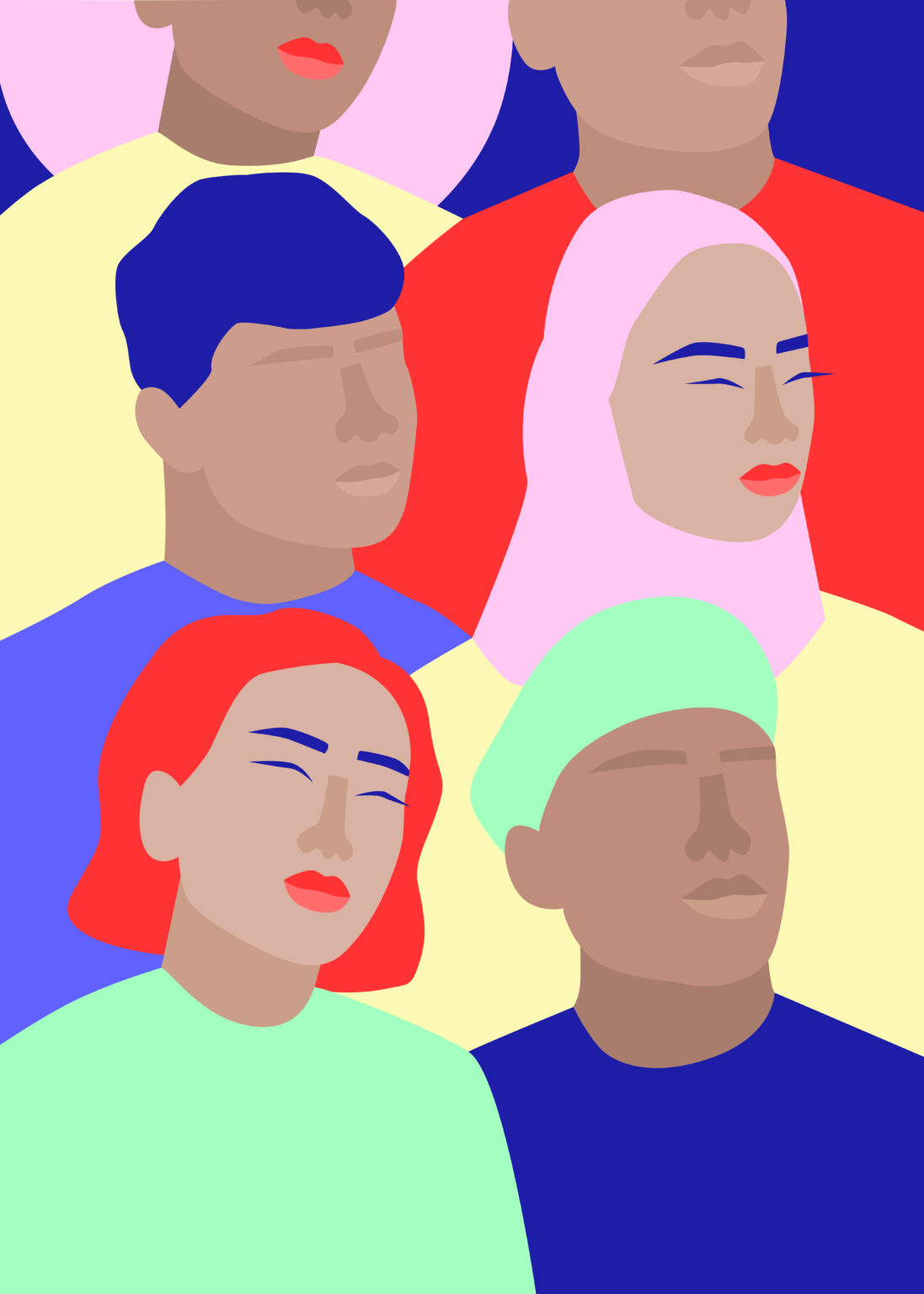
Why we launch this call
In 2023, ILGA-Europe launched a new programme focused on work done by and for racialised LGBTI communities. In 2024, we had the second iteration of this programme. With this third cycle in 2025, ILGA-Europe continues its commitment to providing funds and support for this part of LGBTI movement that addresses intersectional impacts of injustice, racialisation, racism and supremacy, and specific harms affecting the lives of racialised LGBTI communities across Europe.
Many LGBTI organisations and groups run by racialised LGBTI activists continue to face obstacles in accessing funding while they take on the burden of exposing structural oppressions, building and sustaining the resilience of racialised communities, and filling the gaps in provision of services, care and spaces for racialised LGBTI people.
ILGA-Europe recognises the effort and knowledge it takes to address intersectionality. We acknowledge a great value for the wider movement in making the work of racialised LGBTI activists more visible and better supported. This call aims to strengthen organisations run by racialised LGBTI activists and deepen solidarity with racialised LGBTI communities. We see an opportunity to share the learning from this programme to the wider movement, as we believe that solutions and approaches that include a few will pave the way and point to the solutions for many.
Aim of the program
The aim of this program is to address the intersectional impact of injustice, racialisation, racism and specific harms affecting the lives of racialised LGBTI communities across Europe.
This program will do it by:
- Supporting, strengthening and advancing the work of up to 13 European LGBTI organisations that are led by racialised LGBTI people and work with and for racialised LGBTI communities;
- Creating spaces for the organisations to exchange and build connections through holding regular partner meetings
Structure of the program
Participation in the program involves TWO components:
- Financial support of a project (up to €25,000 per project for 12 months), AND
- Regular partner meetings that will bring groups together (on-line) to strategise and share work and experiences (three meetings in 12 months).
Available funding
- We can support up to 13 organisations with grants in the amount of €20,000 to €25,000: up to 11 grants to the EU-based organisations and up to two grants to non-EU based organisations.
- The project has to run for 12 months: from 1 June 2025 until 1 June 2026.
Type of organisations and groups we will support
This call is aimed specifically for registered and non-registered[1] LGBTI organisations and initiative groups in Europe that are:
- Led by racialised LGBTI people and
- Working for and with racialised LGBTI communities[2].
Due to our donor’s limitations, we are only able to support organisations that are:
- Member organisations of ILGA-Europe as of 1 June 2025 (start of the project). If your application for membership is under consideration as of 30 March 2025 (the deadline for this application), you are eligible to apply[3].
Type of projects we are looking to support
We are looking for projects whose primary aim is to address the intersectional impact of injustice, racialisation, racism and specific harms affecting the lives of racialised LGBTI communities across Europe.
We will support projects that offer to do this through one (or several) of the following ways of working:
- Facilitating fairer/better access of racialised LGBTI communities to opportunities, services, spaces and care from which these communities have been historically excluded;
- Forging and advancing collaboration and partnerships with other actors: activist groups (racialised or not; LGBTI or beyond), media, authorities and/or service providers;
- Exploring, reclaiming and enhancing voices and experiences from racialised LGBTI communities to challenge existing structures, change existing practices, mobilise wider support, and engage the community;
- Strengthening internal organisational structures, skills and practices to build a sustainable presence for and with(in) the communities and wider civic society space.
Budget criteria
Budgets up to €25,000 per 12 months of the project are eligible. Only costs between 1 June 2025 to 1 June 2026 can be included in the budget[4]. The types of costs covered by this programme are direct project costs and can include:
- Personnel costs
- Travel and event costs (both physical and digital)
- Costs related to obtaining external expertise and/or services associated with the implementation of the project
- Interpretation and translation costs
- Communication activities and campaigns related to the aim of this call, including social media and traditional media fees, production of materials, design, printing
- A fair proportion of administrative costs or core organisational costs which are linked to the implementation of the project (rent, utilities, IT, technology, telecommunications, accounting, administrative fees, fiscal sponsor fees, depreciation of new and existing equipment).
Under this call, there is NO budget percentage limitation to cover personnel and consultancy costs, as long as they are directed towards the objective of the call. This means that you can include as many human resources or external personnel costs as needed, and these costs might represent an important share of your budget.
Organisational capacity building can be included. This means projects can incorporate training, internal learning for staff and/or volunteers and other activities aimed at building the knowledge and skills needed for organisations to meet the broader purpose of this call.
Time commitment
We are aware that many LGBTI organisations run by racialised LGBTI people operate on voluntary bases, with limited human, financial and time resources. Therefore, we want to communicate in advance the time commitment needed for this programme apart from implementing the project. This is the time needed to connect to other organisations within the programme, communicate with ILGA-Europe, and report back.
Participation in the programme comes with the following commitments:
- What: Three on-line meetings for programme partners to come together, share space and experiences, learn about each other’s work, build connections
When: July 2025 (kick-off), February 2026 (mid-way), and June 2026 (closing)
Time: 1h 30 mins each meeting
- What: Four progress calls with ILGA-Europe to discuss an ongoing work, implementation of the project, needs, challenges, opportunities
When: June and September 2025, January and April 2026
Time: 1h each call
- What: Interim financial report
When: 4 November 2025
Time: As required depending on your capacities and needed support from us
- What: Final financial and narrative reports[5]
When: mid-June 2026.
Time: As required depending on your capacities and needed support from us
We will schedule meetings in advance and in conversation with you.
ILGA-Europe staff that will work with you
In this programme you will be closely working with two ILGA-Europe colleagues: Nadzeya Husakouskaya and Antonella Cariello.
As a Programmes Officer, Nadzeya is the main contact between you and ILGA-Europe. They hold key elements of the programme – communication with partner organisations, organisation of connecting spaces, structure and design of the program, learnings for ILGA-Europe and the wider movement.
As a Finance and Grant Officer, Antonella oversees and supports financial aspects of the project implementation. She handles any grant management, budget and finance-related questions.
You can read more about both colleagues here.
Key Things to Consider
In selecting proposals, ILGA-Europe will prioritise projects that respond to the framework, aim, objectives, and areas of work of this call, and:
- Clearly communicate how injustice, racialisation, and racism are impacting racialised LGBTI communities in the local contexts (Questions 2.1, 4.1 and 4.2 in Application form)
- Present a well thought-through plan for how the work will be carried out and how it will contribute to positive outcomes for racialised LGBTI communities in the context and the obstacles (practical, political etc) you may face (Section 4 in Application Form and the Budget)
- Have strong ties to the local racialised LGBTI communities and connections to local LGBTI movement (or some parts of it) (Section 2 in Application Form)
- Work towards bridging gaps: in services, within and amongst the communities, with other groups and actors (Questions 4.1, 4.2, 4.3 and 5.1 in Application form)
- Strive to establish connections, collaborations, practices and tools that can live beyond the project’s lifetime (Questions 4.2, 4.3, and 5.1 in Application Form)
- Have a minimal financial capacity and some financial management system in place to implement the project (Section 3 in Application form and the Budget)
Do you have any questions?
- You can read Q&A document in the application package. It covers many questions that we received over the previous two iterations of the programme. It is useful to look through it! The Q&A document will be updated on 21 February and 21 March after on-line Q&A sessions.
- You can come to one of the online Q&A sessions we will hold – on 19 February, Wednesday, 12.00-13.00 CET (register) and 20 March, Thursday, 17.00-18.00 CET (register). The questions and answers from these sessions will be included into an updated version of Q&A document.
- While working on the budget, you can look at the example of the pre-filled budget we provided in the application package. It illustrates the information that needs to be included in the budget and formats in which to provide it to make financial aspects of the project clear.
- You can e-mail nadzeya@ilga-europe.org and get an answer via e-mail. All answers to the questions received via e-mail will make it to the updated Q&A document as well.
Application
- Proposals should be submitted using the application form and budget template to nadzeya@ilga-europe.org. The last day to submit your application (deadline) is 30 March 2025, Sunday, 23:59 CEST.
- We will inform all applicants about the outcomes of the selection process via the e-mail provided in the application by 1 May 2025 at the latest.
- Contracts will be signed with successful applicants by end of May 2025. Successful applicants should be available to respond to requests during May 2025.
- The timeline for all projects supported in this programme is fixed: Projects are to start on 1 June 2025 and end on 1 June 2026.
Advance planning information for successful applicants:
- Partner meetings will be scheduled for July 2025 (kick-off meeting) and February 2026 (mid-way meeting) as soon as the cohort of partner organisations is selected. The closing on-line meeting will happen in June 2026 and will be scheduled at the beginning of 2026.
- Progress calls with ILGA-Europe will be scheduled on a rolling basis.
- A financial interim report will be due on4 November 2025 and the final financial and narrative reports in mid-June 2026.
[1] Non-registered organisations and groups are eligible to apply, but must partner with a registered legal entity that is able to receive funds from ILGA-Europe. This entity cannot be a physical person.
[2] When we speak about racialised LGBTI communities, we are referring to LGBTI communities whose lives – and life experiences – are shaped and limited by racialised profiling, racist structures, policies, treatment and discrimination. Because intersectional oppressions are rooted in the ‘logic’ of a human hierarchy, with Whiteness and patriarchy as supreme, we know that harms will particularly affect people racialised as Black, as well as Indigenous people, people of colour, racialised minorities in Western and Northern Europe (such as Roma, Kurds, Sami people etc.) and in Central and Eastern Europe (such as Crimean Tatars, people from Central Asia and South Caucasus in Russia etc.
[3] There is more information about membership in the Q&A document in the application package.
[4] You can look at an example of the prefilled budget we provided in the application package. This can give you a clearer idea what information we need from you to include and in what format for us to be able better assess the financial part of the project.
[5] Full information and guidance on reporting financial and administrative requirements will be provided to successful applicants.
The FutureLab programme launch
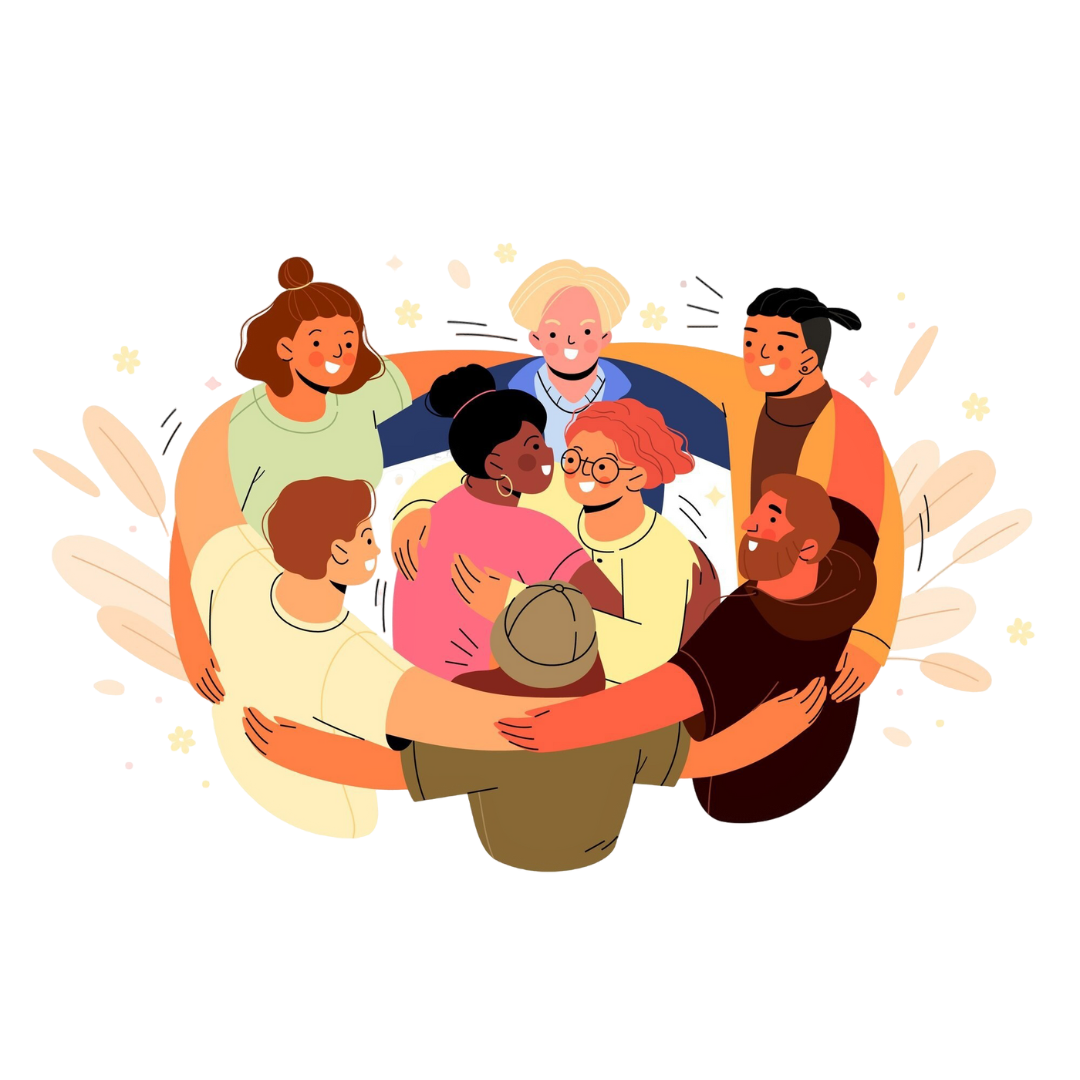
Important update
We accept Statements of Interest until 3 February, 10 am CET, but partner selection is on hold.
Regrettably, the partner selection and funding decisions in the FutureLab programme are temporarily on hold due to the suspension of the U.S. foreign assistance globally.
Our priority remains to resume the programme if, and as soon as, the funding is released. The current suspension puts the programme on hold until the end of April.
As many organisations have already put time into developing their proposals, we took the decision to still accept Statements of Interest by the original deadline of 3 February, 10:00 CET. This will support a smooth restart of the selection process if conditions allow. Please note the updated timeline in the sections below.
We recognise the uncertainty this situation creates, along with other impacts of the U.S. funding suspension on many in the movement.
All organisations that decide to go ahead with submitting Statements of Interest despite the uncertainty will receive short status updates about the FutureLab as new information comes in.
- Apply with a Statement of Interest by: 3 February 2025, 10:00 CET/ Brussels time
- Please note that partner selection and funding commitments are currently on hold until the end of April due to the global suspension of U.S. foreign assistance, operationalised as a “stop work” order.
- Programme and selection process will be resumed if, and as soon as, the funding is released.
- All organisations that decide to submit Statements of Interest will receive updates about the status of the programme as new information comes in.
- The programme and funding period are expected to last 24 months from the launch of the partner grants.
- Partner profile: LGBTI organisations in Albania, Bosnia and Herzegovina, Bulgaria, Croatia, Czech Republic, Hungary, Kosovo, Montenegro, North Macedonia, Poland, Romania, Serbia, Slovakia, and Slovenia
Purpose and scope
The FutureLab is a transformative programme aimed at fostering social acceptance and inclusion for LGBTI people and at building knowledge and skills in our movement to be strategic and impactful in this work.
The programme is grounded in the idea that LGBTI equality is not just about changes in laws and state policies – it is about reshaping how communities, sectors, institutions, and overall societies perceive, embrace and embed diversity into their systems and practices. We only create lasting societal change by changing the underlying societal attitudes, practices and structures that perpetuate exclusion and polarisation.
At the heart of the programme will be a two-year partnership with 22 LGBTI organisations across 14 countries in Central Europe and the Western Balkans: Albania, Bosnia and Herzegovina, Bulgaria, Croatia, Czech Republic, Hungary, Kosovo, Montenegro, North Macedonia, Poland, Romania, Serbia, Slovakia, and Slovenia.
Through funding, convenings, and learning and capacity strengthening opportunities, the programme will resource, strengthen and amplify diverse local strategies of LGBTI organisations to create deeply rooted social acceptance and inclusion.
Building on our collective learning and implementation journey with partners in the programme, we will consolidate and offer to the wider movement the knowledge and skills in support of strong and impactful strategies for social acceptance and inclusion.
Programme highlights
The FutureLab is designed as a partnership that combines funding, learning, strategizing and networking activities and relies on partners’ interest in and commitment to the collective.
As a partner, you will get:
- Funding for your vision: Up to 60,000 euro over two years towards a focused strategy on a relevant aspect of social acceptance and inclusion, rooted in your socio-political reality; funds are awarded in two consecutive annual grants of up to 30,000 euro each;
- A learning community: You will be part of a group of 22 partner organisations working on diverse social acceptance and inclusion projects, and we will learn alongside each other at online and in-person learning and strategic events;
- Support to your strategy: Throughout the programme, you can work with consultants to refine specific aspects of your strategy and its implementation when necessary;
- Amplification and networking opportunities: Share your lessons and successes at the ILGA-Europe Annual Conference and other movement convenings and contribute to collective learning across the LGBTI movement. The programme will offer partner scholarships to support attendance.
The FutureLab seeks partners ready to drive impactful, localised work that advances social acceptance and inclusion for LGBTI people.
What we fund
The FutureLab will fund 16 organisations in Central Europe and 6 organisations in the Western Balkans that:
- Advance meaningful and lasting social acceptance and inclusion for LGBTI people;
- Focus on a specific aspect of acceptance and inclusion that addresses critical needs and opportunities within their national context;
- Propose concrete and well-defined initiatives aimed at achieving tangible and measurable change;
- Build on the organisation’s past and current work, leveraging existing expertise, relationships, and insights.
This funding is intended to support initiatives that are both strategic and actionable, contributing to sustained progress within their local contexts.
Proposals can focus on one or both aspects of the programme:
- Strategic approaches to fostering social acceptance
Initiatives that aim to shift societal attitudes and behaviors by developing strong collaborations and relationships with relevant stakeholders. These initiatives should promote genuine understanding through, among others, direct outreach, dialogue, and partnership; and empowering and equipping public opinion leaders with the knowledge and tools to be active allies within their domains and beyond. Awareness-raising campaigns, general narrative development and similar work will not be prioritised in this programme.
- Social inclusion initiatives
Initiatives that embed inclusive practices and systems within specific public and private institutions and spaces, such as education, healthcare, employment, business, sports, and cultural sectors. These initiatives should build partnerships with key actors in the relevant sectors and may involve joint efforts between LGBTI organisations and other social justice organisations to create broad-based support for inclusion.
Who can apply
The FutureLab invites applications from LGBTI organisations that:
- Are rooted and actively working in one of the 14 target countries in Central Europe and the Western Balkans (see the list at the top);
- Propose focused, context-aware projects on social acceptance and inclusion: your project should define a clear and tangible goal that aligns with your organisation’s ongoing work, builds on past achievements or conclusions, and responds to the unique socio-political realities in your country;
- Are interested in and committed to learning alongside other partners and contributing to the movement with their experience: participation in programme activities is expected;
- Demonstrate capacity to manage funding: applicants should have recent experience handling grants of a similar size and scope, with established systems to manage a 2-year funding cycle effectively;
- Have other funding sources: organisations must show confirmed funding for 2025 that exceeds the annual grant amount provided by this programme (30,000 euros).
Joint applications of LGBTI organisations are welcome but do not automatically increase chances of your success. Organisations applying jointly can apply for up to 60,000 euro per year/ 120,000 for the duration of the programme.
How to apply
- To apply, submit a Statement of Interest using this template by 10:00 am CET/ Brussels time on 3 February 2025 to Seka Topal, Programmes Officer, seka@ilga-europe.org.
- All applicants will be notified of the receipt of their submission via email in the week of 3 February.
- Partner selection and funding commitments are currently on hold until the end of April due to the global suspension of U.S. foreign assistance, operationalised as a “stop work” order.
- Programme and selection process will be resumed if, and as soon as, the funding is released.
- All organisations that decide to submit Statements of Interest will receive updates about the status of the programme as new information comes in, throughout February-April.
- The programme and funding period are expected to last 24 months from the launch of the partner grants.
- If, and once the funding is released and the programme is resumed, successful applicants will be offered a month to submit a full proposal (narrative and budget).
- Projects are expected to last 24 months, with a renewal after the first year.
Questions?
- Reach out with questions to ILGA-Europe’s Programmes Officer, Seka Topal, at seka@ilga-europe.org.
Documents
Call for project proposals working with racialised LGBTI communities
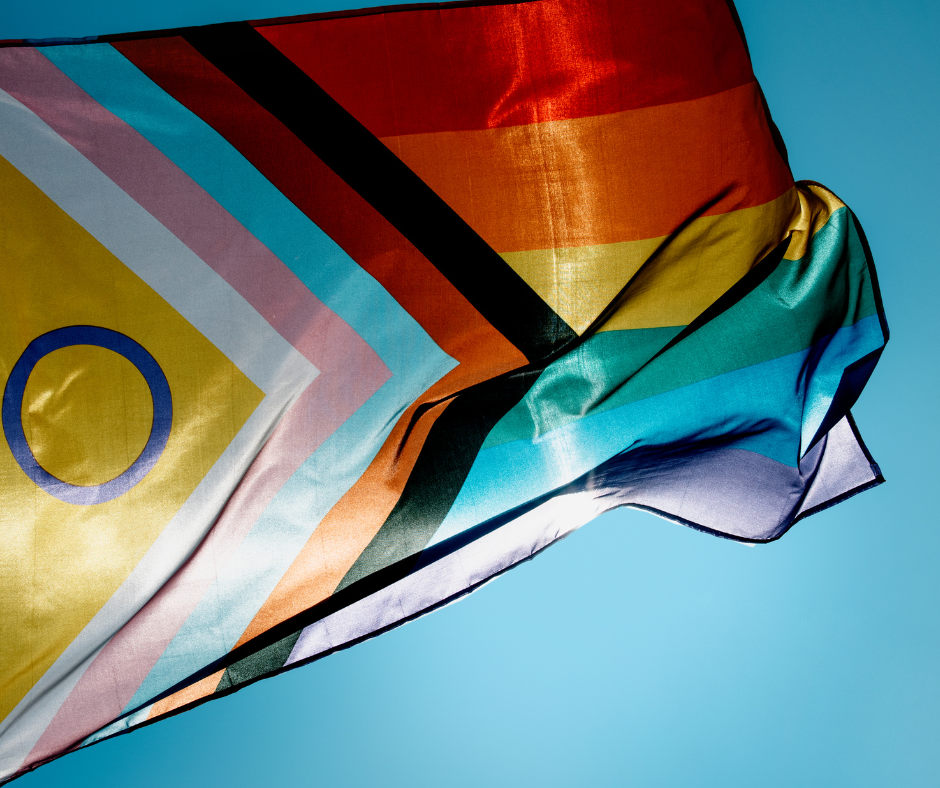
Why we launch this call
Last year, ILGA-Europe launched a new programme focused on work done by and for racialised LGBTI communities. With this call, ILGA-Europe continues its commitment to providing funds and support for this part of LGBTI movement that addresses intersectional impacts of injustice, racialisation, racism and supremacy, and specific harms affecting the lives of racialised LGBTI communities across Europe.
Many LGBTI organisations and groups run by racialised LGBTI activists continue to face obstacles in accessing funding while taking on the burden of exposing structural oppressions, building and sustaining the resilience of racialised communities, and filling the gaps in provision of services, care and spaces for racialised LGBTI people.
The work of these groups highlights the structural nature of intersectionality, brings to light many interconnected oppressions and reveals the ways they interact to produce specific harms. By continuing our support for this part of LGBTI movement, ILGA-Europe want to recognise the effort and knowledge it takes to address intersectionality, strengthen organisations run by racialised LGBTI activists, and deepen solidarity with racialised LGBTI communities.
We acknowledge a great value for the wider movement in making the work of racialised LGBTI activists more visible and better supported. We see an opportunity to share the learning from this programme to the wider movement, as we believe that solutions and approaches that include a few will pave the way and point to the solutions for many.
Aim of the program
The aim of this program is to address the intersectional impact of injustice, racialisation, racism and specific harms affecting the lives of racialised LGBTI communities across Europe.
This program will do it by:
- Supporting, strengthening and advancing the work of up to 12 European LGBTI organisations that are led by racialised LGBTI people and work with and for racialised LGBTI communities;
- Creating spaces for the group to exchange and build connections through holding regular partner meetings
Structure of the program
Participation in the program involves TWO components:
- Financial support of a project (up to €25,000 per project for 12 months),
AND
- Regular partner meetings that will bring groups together (on-line) to strategise and share work and experiences (three meetings in 12 months).
Available funding
- We can support up to 12 organisations with grants in the amount of €20,000 to €25,000: up to 10 grants to the EU-based organisations and up to two grants to non-EU based organisations;
- The project has to run for 12 months: from 1 June 2024 until 1 June 2025.
Type of organisations and groups we will support
This call is aimed specifically for registered and non-registered LGBTI-run organisations and initiative groups in Europe that are:
- Led by racialised LGBTI people and
- Working for and with racialised LGBTI communities.
Due to our donor’s limitations, we are able to support only organisations that are:
- Member organisations of ILGA-Europe as of 1 June 2024 (start of the project). If your application for membership is under consideration as of 2 April 2024 (the deadline for this application), you are eligible to apply. There is more information about membership in the Q&A document in the application package.
Non-registered organisations and groups are eligible to apply, but must partner with a registered legal entity that is able to receive funds from ILGA-Europe. This entity cannot be a physical person.
When we speak about racialised LGBTI communities, we are referring to LGBTI communities whose lives – and life experiences – are shaped and limited by racialised profiling, racist structures, policies, treatment and discrimination. Because intersectional oppressions are rooted in the ‘logic’ of a human hierarchy, with Whiteness and patriarchy as supreme, we know that harms will particularly affect people racialised as Black, as well as Indigenous people, people of colour, racialised minorities in Western and Northern Europe (such as Roma, Kurds, Sami people etc.) and in Central and Eastern Europe (such as Crimean Tatars, people from Central Asia and South Caucasus in Russia etc.
Type of projects we are looking to support
We are looking for projects whose primary aim is to address the intersectional impact of injustice, racialisation, racism and specific harms affecting the lives of racialised LGBTI communities across Europe.
We will support projects that offer to do this through one (or several) of the following ways of working:
- Facilitating fairer/better access of racialised LGBTI communities to opportunities, services, spaces and care from which these communities have been historically excluded;
- Forging and advancing collaboration and partnerships with other actors: activist groups (racialised or not; LGBTI or beyond), media, authorities and/or service providers;
- Exploring, reclaiming and enhancing voices and experiences from racialised LGBTI communities to challenge existing structures, change existing practices, mobilise wider support and engage the community;
- Strengthening internal organisational structures, skills and practices to build a sustainable presence for and with(in) the communities and wider civic society space.
Budget criteria
Budgets up to €25,000 per 12 months of the project are eligible. Only costs between 1 June 2024 to 1 June 2025 can be included in the budget. The types of costs covered by this programme are direct project costs and can include:
- Personnel costs
- Travel and event costs (both physical and digital)
- Costs related to obtaining external expertise and/or services associated with the implementation of the project
- Interpretation and translation costs
- Communication activities and campaigns related to the aim of this call, including social media and traditional media fees, production of materials, design, printing
- A fair proportion of administrative costs or core organisational costs which are linked to the implementation of the project (rent, utilities, IT, technology, telecommunications, accounting, administrative fees, fiscal sponsor fees, depreciation of new and existing equipment).
Under this call, there is NO budget percentage limitation to cover personnel and consultancy costs, as long as they are directed towards the objective of the call. This means that you can include as many human resources or external personnel costs as needed, and these costs might represent an important share of your budget.
Organisational capacity building can be included. This means projects can incorporate training, internal learning for staff and/or volunteers and other activities aimed at building the knowledge and skills needed for organisations to meet the broader purpose of this call.
You can look at an example of the prefilled budget we provided in the application package. This can give you a clearer idea what information we need from you to include and in what format for us to be able better assess the financial part of the project.
Time commitment
We are aware that many LGBTI organisations run by racialised LGBTI people operate on voluntary bases, with limited human, financial and time recourse. Therefore, we want to communicate in advance time commitment needed for this programme apart from implementing the project. This is the time needed to connect to other originations within the programme, communicate with ILGA-Europe and report back.
Participation in the programme comes with the following commitments:
- What: Three on-line meetings for programme partners to come together, share space and experiences, learn about each other’s work, build connections
When: July 2024 (kick-off), February 2025 (mid-way), and June 2025 (closing)
Time: 1h 30 mins each meeting
- What: Four progress calls with ILGA-Europe to discuss an ongoing work, implementation of the project, needs, challenges, opportunities
When: June, September, January and April
Time: 1h each call
- What: Interim financial report
When: 4 November
Time: as required depending on your capacities and needed support from us
- What: Final financial and narrative reports
When: mid-June 2025.
Time: as required depending on your capacities and needed support from us
We will schedule meetings in advance and in conversation with you.
Full information and guidance on reporting financial and administrative requirements will be provided to successful applicants.
ILGA-Europe staff that will work with you
In this programme you will be closely working with two ILGA-Europe colleagues: Nadzeya Husakouskaya and Antonella Cariello.
As a Programmes Officer, Nadzeya is the main contact between you and ILGA-Europe. They hold key elements of the programme – communication with partner organisations, organisation of connecting spaces, structure and design of the program, learnings for ILGA-Europe and the wider movement.
As a Finance and Grant Officer, Antonella oversees and supports financial aspects of the project implementation. She handles any grant management, budget and finance-related questions.
You can read more about both colleagues here.
Key Things to Consider
In selecting proposals, ILGA-Europe will prioritise projects that respond to the framework, aim, objectives, and areas of work of this call, and:
- Clearly communicate how injustice, racialisation, and racism are impacting racialised LGBTI communities in the local contexts (Questions 2.1, 4.1 and 4.2 in Application form)
- Present a well thought-through plan for how the work will be carried out and how it will contribute to positive outcomes for racialised LGBTI communities in the context and the obstacles (practical, political etc) you may face (Section 4 in Application Form and the Budget)
- Have strong ties to the local racialised LGBTI communities and connections to local LGBTI movement (or some parts of it) (Section 2 in Application Form)
- Work towards bridging gaps: in services, within and amongst the communities, with other groups and actors (Questions 4.1, 4.2, 4.3 and 5.1 in Application form)
- Strive to establish connections, collaborations, practices and tools that can live beyond the project’s lifetime (Questions 4.2, 4.3, and 5.1 in Application Form)
- Have a minimal financial capacity and some financial management system in place to implement the project (Section 3 in Application form and the Budget)
Do you have any questions?
- You can read Q&A document in the application package. The Q&A document will be updated on 26 February and 26 March after on-line Q&A sessions.
- You can come to one of the online Q&A sessions we will hold – on 21 February, Wednesday, 17.00-18.00 CET (register) and 21 March, Thursday, 12.00-13.00 CET (register). The questions and answers from these sessions will be included into an updated version of Q&A document for those won’t be able to be present at the sessions.
- While working on the budget, you can look at the example of the prefilled budget we provided in the application package. It illustrates the information that needs to be included in the budget and formats in which to provide it to make financial aspects of the project clear.
- You can e-mail nadzeya@ilga-europe.org and get an answer via e-mail. All answers to the questions received via e-mail will make it to the updated Q&A document as well.
Application deadline and timeline
- Proposals should be submitted using the attached application form and budget template to nadzeya@ilga-europe.org. The last day to submit your application (deadline) is 2 April 2024, Tuesday, 09:00 CEST (morning).
- We will inform all applicants about the outcomes of the selection process via the e-mail provided in the application by 15 May 2024 at the latest.
- Contracts will be signed with successful applicants in May 2024. Successful applicants should be available to respond to requests during that period.
- The timeline for all projects supported in this programme is fixed: Projects are to start on 1 June 2024 and end on 1 June 2025.
Advance planning information for successful applicants:
- Partner meetings will be scheduled for July 2024 (kick-off meeting) and February 2025 (mid-way meeting) as soon as the cohort of partner organisations is selected. The closing on-line meeting will happen in June 2025 and will be scheduled at the beginning of 2025.
- Progress calls with ILGA-Europe in June, September, January and April will be scheduled on a rolling basis.
- A financial interim report will be due on4 November 2024 and the final financial and narrative reports in mid-June 2025.
Application pack
Call for applications: Council of Europe Committee of Ministers Recommendation (2010)5 comprehensive review, 2024
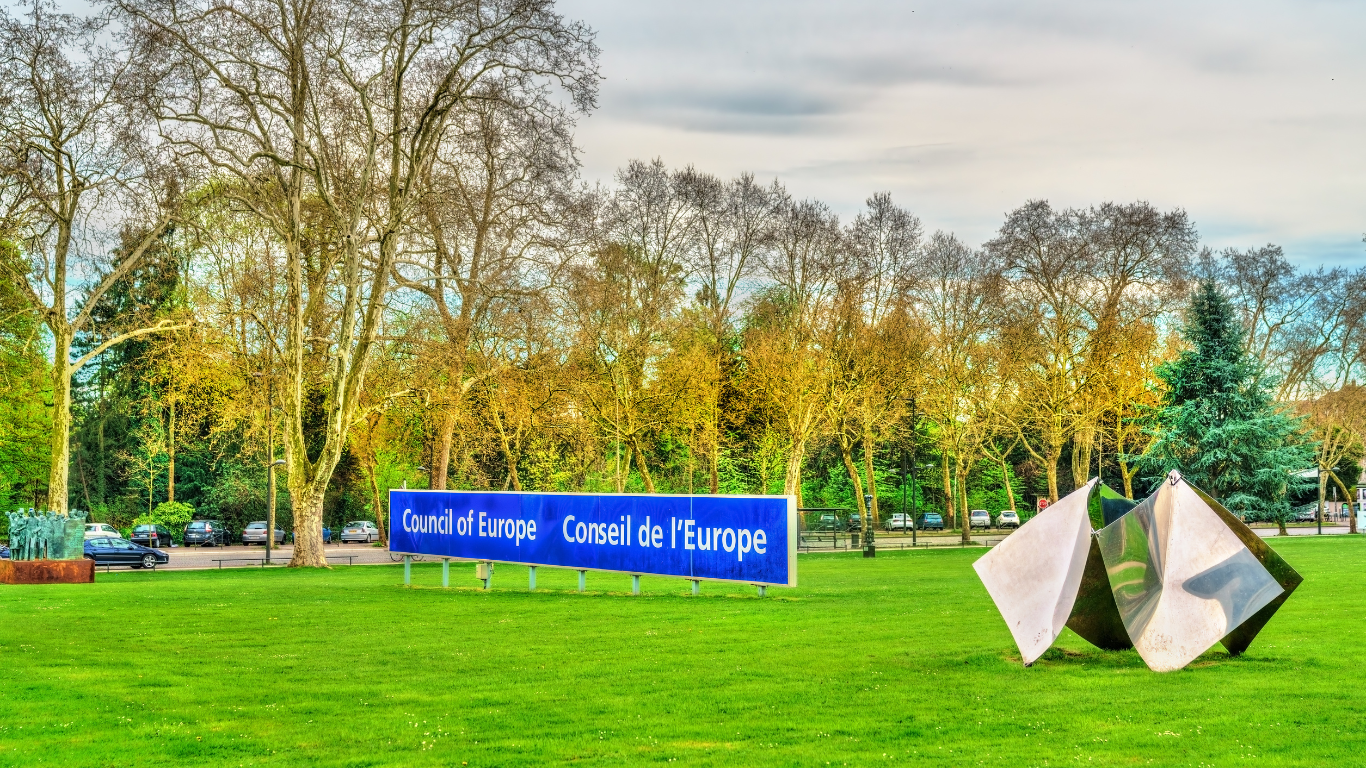
The Council of Europe will, in 2024, conduct a third comprehensive review of the Committee of Ministers Recommendation (2010)5 (CM/Rec(2010)5). The CM/Rec(2010)5 was previously reviewed in 2013 and 2019, with coordinated civil society input those reviews.
This will involve the following steps for the Council of Europe and its Member States:
| November 2023 | Council of Europe preparation of a questionnaire for Member States |
| January 2024 | Council of Europe pre-fills the questionnaire for Member States based on publicly available information and sends to governments |
| June 2024 | Member States complete the questionnaire and return to CoE |
| 2nd half 2024 | CoE reviews materials from Member States and civil society, prepares report for review by the Steering Committee on Anti-discrimination, Diversity, and Inclusion in 2025 |
Civil society will have access to the unfilled questionnaire as of November 2023, and is encouraged to submit shadow reports based on the questionnaire.
Activities
To ensure strong civil society engagement, ILGA-Europe will support 20 organisations and groups to develop shadow assessments of the questionnaire and submit shadow reports. Additionally, ILGA-Europe will submit the Annual Reviews and Rainbow Maps for the covered time period, and compile a submission of regional specific trends based on the work of the civil society partners in the project.
In early December, ILGA-Europe will host a mandatory kick-off webinar on 13 December 2023 from 14h00 CET to 16h00 CET with all selected participants to talk about the project, the questionnaire, and specific questions for the process. Following this, participants will work independently until the end of February, when they will submit draft completed questionnaires to ILGA-Europe. ILGA-Europe staff will be available to provide 1-on-1 support for organisations and consortia during this period.
On 16 March, all participants will come to Brussels for a mandatory in-person 1-day consultation to discuss their drafts and overall issues with the process, share ideas about where to look for information, and plan their finalisation steps for their submissions. All travel, accommodation, and subsistence costs will be covered by ILGA-Europe for one person per organisation or consortium and do not need to be included in the project budget.
ILGA-Europe staff will remain available for 1-on-1 support following the consultation as participants finalise.
Participants will send their final submissions to ILGA-Europe in May, and will finalise the joint regional submission by the beginning of June. ILGA-Europe will submit all national submissions as well as the regional submission in June.
Timeline
| Deadline / timeframe | Action |
|---|---|
| 04 December 2023 | Call for interest submissions from civil society applicants due |
| 10 December 2023 | ILGA-Europe informs civil society applicants of selections |
| 13 December 2023 | Kick-off webinar with civil society participants |
| From December 2023 to February 2024 | Grantees work on the questionnaire independently; ILGA-Europe staff available upon request |
| 28 February 2024 | Civil society questionnaire submissions first draft due |
| 16 March 2024 | Consultation meeting, Brussels |
| 01 May 2024 | Civil society final submissions due |
Budget and payment schedule
Civil society partners will be able to apply for up to 3000€ per Member State. Individual organisations and consortia are both encouraged to apply. Should more than one organisation or consortia from the same Member State apply with comparable applications, organisations will be encouraged to create one larger consortium to split the funding and the work for the project. It will not be possible to fund more than one project per country.
Payments will be made in two tranches based on deliverables.
Financial reporting or documentation will not be required, but funding must be treated as project-specific in partners’ accounts, and all money must be spent on the project (e.g. not added to reserves). ILGA-Europe retains auditing rights, and should ILGA-Europe auditors choose, they may require documentation to support expenses within this project.
Application
Submit the application pack (below) completed, by Monday, 4 December 2023 at 12:00 PM (noon) CET) to cianan@ilga-europe.org
Overview of ILGA-Europe’s Finances in 2022
In the financial year 2022 ILGA-Europe obtained and recognized 3 687 082 € in revenues, which is approx. an 11% (over 365 000 €) increase from the 2021 revenues. Another 200 000 € in donations and approx. 600 000 € in core grants were received in the course of 2022 but carried over to 2023 and further, to secure more operational budgets in the nearest future. The majority of funding recognized in 2022 was sourced from long-term projects and grants, raised in the preceding years.
The 2016 – 2022 comparison (see chart below) of proportions of core funding, unrestricted funding (donations and sponsorships), operating funding (European Commission) and project funding recognized in each year shows that in 2022 ILGA-Europe continued to prioritize flexible resources. The share of unrestricted funding (core grants, unrestricted donations and sponsorships) increased significantly over the past years, but it should be noted that in 2022 the amount of unrestricted donations received was lower than expected (480 000 € in 2021 and 280 000 € in 2022). The income of the European Commission operating grant was increased slightly in 2022, and will further increase in 2023. 2022 marked the beginning of a new Framework Partnership with the EC, under which ILGA-Europe will soon begin re-granting.
The two core grants used throughout the year (Wellspring Philanthropic Fund – 417 670 € and Open Society Foundations – 200 000 €) corresponded to 24% of the total budget. The share of project funding (over 1.7M € in 2022) increased to 66% of the total budget, with more resources mobilized to answer specific needs, and in lieu of higher unrestricted incomes. Within this category of project funding ILGA-Europe included two grants which in their nature were core, but were earmarked for providing funding in response to the war in Ukraine.
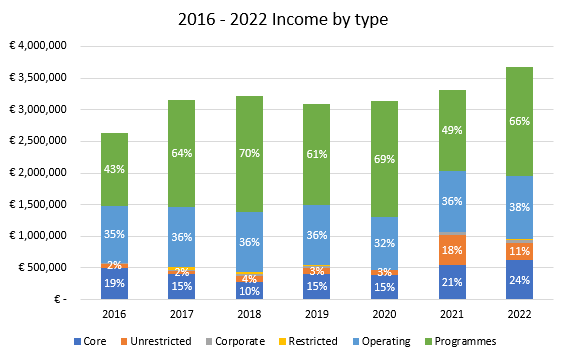
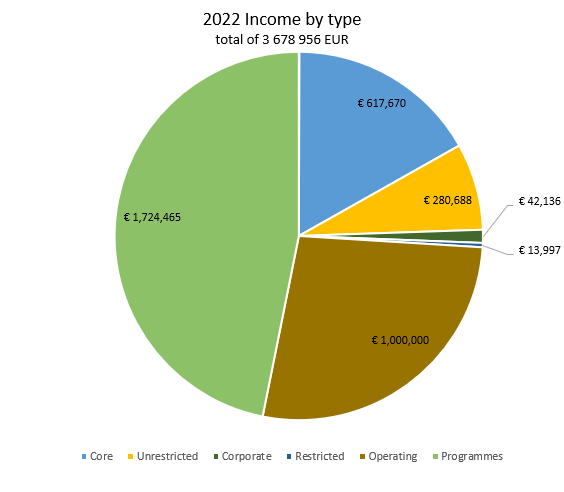
In terms of project financing, the majority of projects active in 2021 continued into 2022, with only one stream of programmatic funding (Anonymous) was closed and not renewed, but replaced with a project from another funder. The highest non-flexible revenues recognized were issued by:
- European Commission (Operating Grant) – 1 000 000.00 €
- Global Equality Fund – 464 301.41 €
- Anonymous – 315 561.55 €
- The Government of the Kingdom of the Netherlands – 210 000.00 €.
While the previous financial years have been heavily affected by Covid-19 in terms of both revenues and our ability to process funds and carry out activities, 2022 cannot be analysed without the mention of the impact of the invasion of Ukraine. ILGA-Europe quickly shifted its work and budget to enable as much coordination and support as possible be offered to the movement in Ukraine and neighbouring countries. No active fundraising was carried out – given the significant number of ongoing fundraisers, ILGA-Europe prioritized mapping existing efforts and needs, in order to be able to channel donors to where resources were needed, where gaps occurred (especially keeping in mind wider reach and distribution of resources, in particular to groups with less access to donors).
At the same time, significant amounts of ILGA-Europe’s resources were earmarked for financial and other support to groups operating in and around Ukraine. Two core grants (with the total value of 210 688 €) were received and assigned to the purpose of supporting the LGBTI movement in those areas with subgrants.
Additionally, just over 9 000 € in extraordinary revenues was recorded from write offs, unreconciled refunds and round up differences. These are income items recognized largely at year-end. While they constitute unrestricted funding, ILGA-Europe limits their generation through internal controls, and they serve to balance any negative write offs, currency exchange balances and other similar losses.
The total of expenditures registered in financial year 2022 amounted to 3 606 265 €.
| Total 2021 Actual | Total 2022 Budget | Total 2022 Actual | |
| Staff costs | 1,762,609 | 1,867,737 | 1,844,873 |
| Office Costs | 277,169 | 324,087 | 335,052 |
| Gathering Online / Annual Conference | 60,009 | 408,600 | 398,980 |
| Board Meetings | 45 | 22,000 | 28,130 |
| Work Programme Costs | 266,038 | 340,700 | 264,652 |
| ILGA-Europe Capacity Dev. | 25,998 | 40,000 | 47,376 |
| Fundraising | 6,247 | 30,000 | 18,761 |
| Re-granting | 749,885 | 1,262,000 | 654,856 |
| Other and losses | 4,160 | 24,640 | 13,584 |
| TOTAL EXPENSES | 3,152,160 | 4,319,765 | 3,606,265 |
The audit of financial year 2022 took place in January 2023 and found no issues. It confirms recognized income of 3 687 082 €, expenses of 3 606 265 €, and a year-end result of 80 817 €. This year-end result was primarily sourced from unrestricted funds and extraordinary income.
Bringing change in turbulent times: A call for applications for LGBTI groups in Poland
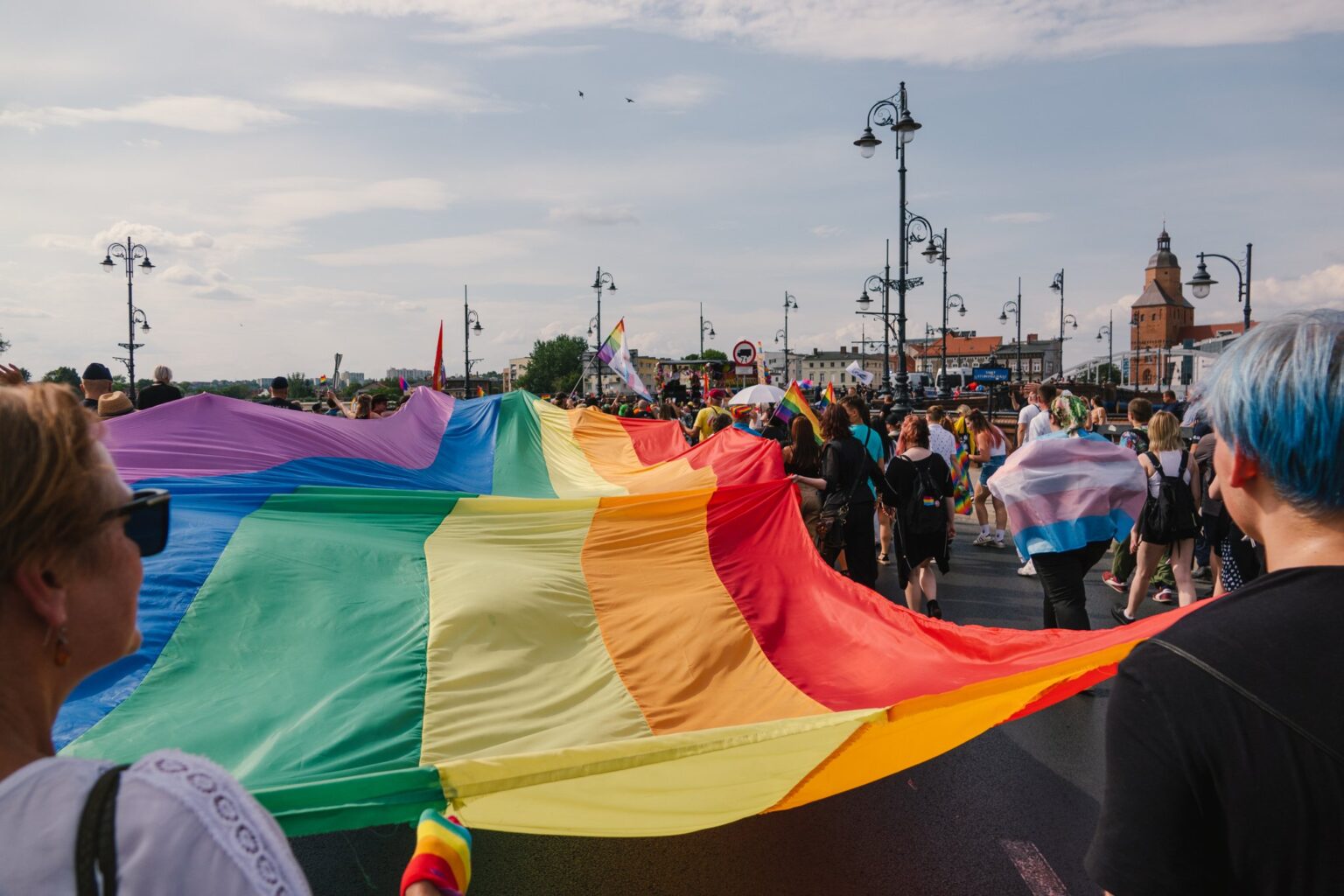
What is this programme about and why are we launching it?
ILGA-Europe invites applications from LGBTI organisations and groups in Poland that see a concrete opportunity to propel their agendas and the work of the LGBTI movement in the country, and have a clear practical idea how to seize this opportunity but have been lacking dedicated resources and support to take action.
LGBTI rights and the situation of the LGBTI movement and community in Poland have been a matter of concern in recent times. The rise of anti-LGBTI forces and growing anti-democratic sentiments have created a climate of conflict and uncertainty, with a significant impact on the state of LGBTI rights and organising in Europe and Central Asia. The ongoing war in Ukraine has further complicated the situation, posing new challenges and threats to the LGBTI community in the region.
We believe that even in the most difficult contexts, there are still opportunities to make positive change – only that change might look different. For example, maybe you identified and established communication with someone involved with your local authorities but you lack dedicated resources to pursue this further; maybe a recent or upcoming event creates an opportunity to mobilise allies or join forces with other movements; or perhaps there is momentum in the community that can be seized to implement a solid strategy to grow the movement.
With this programme, we hope to give organisations the tools and support they need to seize the windows of opportunity they see and to pursue their goals effectively.
We will bring together six LGBTI organisations and groups in Poland with focused, opportunity-based change projects over a period of 18 months and will support their work through a combination of project funding, coordination and learning.
This call for applications is part of a bigger programme that ILGA-Europe launched earlier this year. This programme aims to support and lift up the work of LGBTI organisations that pursue change in hostile and/or rapidly changing environments and focuses on six countries in Central and Eastern Europe, including Poland.
It builds up on the long-term commitment and work of ILGA-Europe to support the parts of our movement operating in high-risk and challenging contexts. Where relevant, we will support connections, mutual support and learning between partner organisations across different countries participating in this programme.
We expect that the strategies and tactics explored by partners in this programme will in the future support and inform the work of the wider LGBTI movement in Europe and Central Asia in navigating challenging and high-risk environments while staying true to our missions.
What is the aim of the programme?
The programme is aimed at:
- Enabling focused, concrete and practical change initiatives that will advance the LGBTI equality agenda and movement in Poland
- Strengthening connections and mutual support and learning between LGBTI organisations working in high-risk, challenging or rapidly changing contexts
What does the programme entail?
The programme includes:
- Funding to LGBTI organisations in Poland based on an opportunity funding framework: we expect to make six grants to LGBTI organisations of 18,000 Euro each for a duration of 18 months in the fixed period of 1 September, 2023 – 28 February, 2025
- Learning, coordination and other capacity development activities to support partner organisations in pursuing their goals
- Sub-regional and regional experience sharing to amplify relevant experiences across the wider movement and to facilitate mutual support, where relevant
Who is this programme for?
This programme is for any LGBTI group or organisation in Poland that:
- Is connected to the LGBTI community and the rest of the LGBTI movement in Poland,
- Has identified concrete and practical opportunities to create change in the current context
- Has a clear idea how to address this opportunity but has been lacking support and resources to implement this vision
What can be supported?
This programme is not restricted to specific thematic priorities or types of strategies and activities; we want to offer support to issues, strategies and activities that Polish organisations themselves see as the most important and impactful right now.
Organisations can apply based on the thematic priorities, agendas, and needs that are relevant to them and their context, while situating the work and outcomes supported by the grant in the following framework consisting of five strategic directions:
- Empowered and inclusive LGBTI communities
- Strong, resourced, skilled, accountable and sustainable LGBTI organisations
- Social acceptance and inclusion of diversity related to sexual orientation, gender identity, gender expression and sex characteristics in societies
- A legal and policy framework which protects and promotes human rights and equality of LGBTI persons at local and national levels
- Fair, just and equal societies and economies
When applying, you will need to indicate the strategic direction(s) that your work will contribute to.For further information about these strategic directions, please see ILGA-Europe’s Strategic Framework.
The programme can support a wide range of strategies and activities, including advocacy, campaigning, alliance-building, movement development and (informal) education.
The key considerations in selecting partners in the programme will be:
- Whether the proposed project is based on a strong and insightful analysis of an opportunity to advance the movement’s agenda right now
- Whether the proposed project offers a clear action plan and convincing vision of change, rooted in the wider context in the country and LGBTI movement’s work
- Whether the organisation has knowledge and capacity to bring this vision and plan into action
How to apply?
- To apply please submit your application and budget by Sunday, 25 June 2023, 23:59 (CEST/ Brussels)
- Applications are to be sent to both ruslana@ilga-europe.org and seka@ilga-europe.org
- Please use the application form and budget template for this call, both available below
- We expect to inform all applicants about the outcomes of the call during the first week of August
- We expect the projects to start on 1 September, 2023 and be completed by 28 February, 2025. Final reports will be due on 31 March, 2025
How will we be working together?
- This programme is designed as a close cooperation between ILGA-Europe and grantee partners that combines funding with learning, coordination and capacity development activities.
- Learning, coordination and capacity development activities are an integral part of the programme, which relies on active participation of partners in both planning and implementation. It will be designed by ILGA-Europe in consultation with grantee partners to direct this support where it is most needed. We will rely on grantee partners to inform this work and to show initiative in identifying relevant interest and needs of their organisations.
- During the programme, we will be regularly in touch through quarterly calls. These conversations are to discuss your work, project progress, opportunities, threats, learning and other support ideas and needs, and the state of expenditures, as well as for us to discuss our updates and plans with you. These conversations are also important for us as an opportunity to learn from the experience of our grantee partners and to timely identify important connections to the work and realities of others in the broader LGBTI movement.
- We also hope that partners will be open to contributing to regional and sub-regional learning and coordination spaces, where relevant, so that diverse strategies and experiences are amplified and feed into the work of the wider movement.
- You will need to report on the grant twice: interim narrative and financial reports halfway through the project and final narrative and financial reports one month after project completion.
Financial management of the grant
- This is a project grant. Only the costs that are linked to the implementation of the goals and activities of the call and your approved project are eligible. The grant needs to be spent and the costs need to be incurred in the project period, i.e. 1 September 2023 – 28 February, 2025. All costs need to be documented (contracts, payslips, timesheets, invoices, proofs of payment and similar documents).
- To manage this grant, your organisation needs to have an accounting and financial management system in place that allows to track income and expenditures per project/ funder. You will be asked to report in Excel and support your expenditures with records: contracts, procurement documents, invoices, timesheets, proof of payment, documentation of exchange rates.
- This funding is sourced from the EVZ Foundation and the Global Equality Fund, so your expenses and overall financial management system will need to be compliant with the source funders’ regulations. ILGA-Europe will provide clear guidance on how to ensure this.
- You will need to track your costs on a regular basis, and be able to generate the following information and reporting on your grant’s finances:
- During quarterly calls we will discuss the state of your expenditures
- Interim financial reporting will occur halfway through the project. The interim financial report will be an Excel sheet with a list of expenses and the supporting documentation for these expenditures.
- Final financial reporting will occur at the end of the project period. You will have to have spent 100% of that year’s budget, submit the list of expenditures and the supporting documentation for all the expenses.
ANY QUESTIONS?
All answers were returned via email and are published on this page, in order to support equal access to information among all applicants.
Call for project proposals: Addressing LGBTI homelessness in the EU
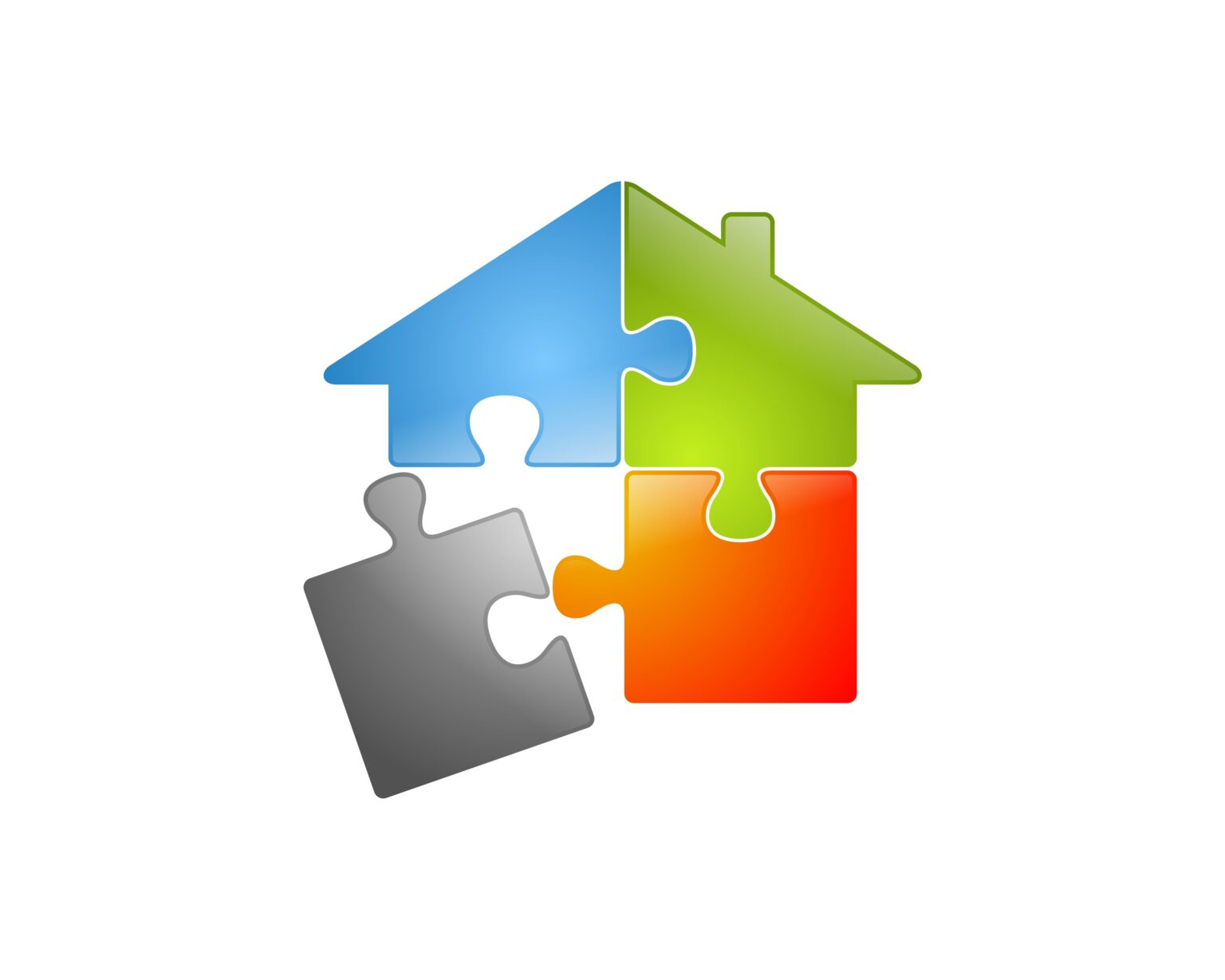
Why we are launching this programme
In 2020, the Fundamental Rights Agency (FRA) released a survey that estimates that one in five members of the LGBTI community in the EU experience homelessness, rising to one in three for trans people and nearly 40% for intersex people. Lack of institutional support, social rejection and identity-related family conflict are amongst the causes for LGBTI homelessness. Undeniably, the pandemic, deepening socio-economic inequalities and the rise of anti-LGBTI rhetoric, anti-trans attacks and the anti-gender movement further exacerbated the situation around homelessness of LGBTI communities, especially with youth.
Yet, LGBTI homelessness remains hidden in Europe. We lack the data and the robust research to fully understand the prevalence, forms and dynamics of LGBTI homelessness in different local contexts in Europe. The lack of knowledge across the European Union leads to a lack of targeted services, absence of national policies specifically addressing the issue of LGBTI homelessness, limited funding, if any, for programmes that include or focus on unhoused LGBTI communities. Often, LGBTI organisations have to step up to support their communities in situations of homelessness where there are gaps in services and when assistance is unavailable or inaccessible.
It is well known that access to housing is a precondition for access to health, employment, education, and social services. This is why we are launching this programme, which will sustain the vital work of understanding the root causes and forms of LGBTI homelessness and advocate for improving access of LGBTI communities to services and housing.
The programme focuses on data collection, advocacy efforts, and/or collaboration between sectors, systems and services in addressing LGBTI homelessness.
Through this programme we want to enhance and advance the work of LGBTI organisations with considerable existing expertise in the field. We believe that having a small group of strong organisations with a strengthened experience in the area of LGBTI homelessness will bring new learnings and insights that can be shared with a wider movement and benefit other organisations who are at the beginning of their work on homelessness in their respective countries.
Structure of the programme
The programme has two interconnected components:
- Financial support for the implementation of a project (20.000 euro per project), AND
- Peer-learning that will bring grantee partners together (on-line) on a regular basis to strengthen the network amongst organisations, enhance possible collaboration, exchange learning, share challenges and solutions.
Important! When you apply for funding under this call, please be aware that you commit to both of the components of this programme.
Aim of the programme
The aim of this programme is to:
- Bring together a small group of 6-7 LGBTI organisations across the European Union that have demonstrated experience in understanding, addressing and/or preventing LGBTI homelessness in their respective countries and/or regions;
- Support, strengthen and advance their work on LGBTI homelessness through a combination of grants and regular peer-learning/networking meetings.
Types of organisations we will support
LGBTI-run organisations that
- are based and work with LGBTI communities in the European Union; AND
- have demonstrated experience, history and track-record of working on LGBTI homelessness.
Non-registered organisations are eligible to apply if they partner with a registered legal entity that is able to receive funds from ILGA-Europe. This entity cannot be a physical person.
Your experience in working with LGBTI homelessness can be through investigating the root causes, analysis of the bigger picture, focusing on prevention and/or short-term solutions (for example, running shelters or providing services). The projects submitted to this programme, however, need to fall within the scope described below, in the section “Types of projects…”. This programme is not designed to support running a shelter and providing direct assistance.
Type of projects we are looking to support
We understand that the most immediate hands-on form of addressing LGBTI homelessness is providing shelter and other services. However, this call is designed to support systemic and sustainable efforts to address the gaps in the existing systems, not filling these gaps by own initiatives. Thus, we won’t be able to support the running of shelters or service provision. This call invites projects that aim at data collection, strategic collaborations with existing organisations and service providers working with homelessness, and advocacy with public authorities to ensure that practices and policies around homelessness acknowledge, account for and include experiences of LGBTI communities and pro-actively meet the needs of these communities.
Therefore, we are looking for projects that will fall into one, two or three of the following areas of work.
- Data collection and research activities to map and/or document the scope, forms, root causes and consequences of LGBTI homelessness in a given local context*.
- Developing/strengthening alliances and partnerships with service providers and/or other partners working on homelessness and socio-economic justice with the explicit purpose of fair distribution of labour amongst the actors in this field and with focus on influencing their practices so they acknowledge experiences of LGBTI communities and pro-actively meet the needs of these communities
- Advocacy activities aimed at establishing new and strengthening existing contacts and collaborations with public authorities and governmental officials with an aim of developing, improving and implementing effective public policies to reflect the lived experience of homeless LGBTI people and meet their needs.
*The documentation and research projects need to have a clear dissemination/advocacy plan that clearly explains how outcomes of documentation and research activities are going to be used in further work, including advocacy and alliance-building.
Key information
- ILGA-Europe aims to support up to 7 organisations with grants of €20,000 each.
- The project should be implemented within a period of 1 July 2023 until 1 July 2024, i.e. 12 months Only costs between 1 July 2023 to 1 July 2024 will be eligible. The final reporting will be due no later than 15 July 2024.
- Peer-learning meetings will happen on-line on a regular basis, approximately every two months during the project period. Over the course of 12 months, we will have up to seven meetings (up to three hours each). The first meeting will be a webinar to inform you on the financial and administrative requirements under this call. We invite you to account for this staff time in your budget.
Budget criteria
The types of costs covered through this fund are direct project costs and can include:
- Personnel costs
- Travel and event costs (both physical and digital)
- Costs related to obtaining external expertise and/or services associated with the implementation of the project
- Interpretation and translation costs
- Communication activities and campaigns related to the aim of this call, including social media and traditional media fees, production of materials, design, printing
- A fair proportion of administrative costs or core organisational costs which are linked to the implementation of the project (rent, utilities, IT, technology and telecommunications, accounting, administrative fees, fiscal sponsor fees, depreciation of new and existing equipment).
Under this call there is no budget percentage limitation to covering personnel and consultancy costs, as long as they are clearly directed towards the objectives of the call.
Organisational capacity building can be included. Projects can incorporate training, internal learning for staff and/or volunteers and other activities aimed at building the knowledge and skills needed for organisations to take on meet the broader purpose of this call.
Reporting and Communication
The reporting comprises of narrative reports and financial reports.
Narrative reporting: For the duration of the project we will have regular check-in calls with you – a one-hour call every three months. These calls will serve as an informal form of reporting on the content and administrative sides of the project. During these conversations we will discuss the project implementation, threats, opportunities, challenges, and possible capacity building needs. At the end of the project, you will have to submit a final narrative report using a template we will provide. The final narrative report covers key elements of the project implementation (evaluation of activities, reflection on the impact the project had on the local context, target groups and the organisation itself etc)
Financial reporting: Mid-way and at the end of the project, you will need to report financially on how the funds were spent. Financial reporting will require some basic knowledge of Excel and the applicant will require some basic administrative and financial systems in order to manage the grant (e.g. cash management, tracking of expenditure, record-keeping). Full information and guidance on reporting financial and administrative requirements will be provided to successful applicants.
We believe that the broader LGBTI movement can benefit from the learning of these projects. We would like to share learning from the work done under this funding with other LGBTI activists in Europe and Central Asia. This knowledge can be shared through articles, educational materials, online learning sessions among others. Sharing learning will be ILGA-Europe’s responsibility and we will work with you to identify what information can be shared in what ways, and with whom.
Key Things to Consider
In selecting proposals, ILGA-Europe will prioritise projects that:
- Respond to the framework, aim, objectives, and areas of work of this call
- Are implemented by LGBTI-run organisations in the European Union that have a demonstrated experience, history and track-record of working to address LGBTI homelessness
- Demonstrate clear understanding of their local context around LGBTI homelessness
- Present a clear plan for how the envisaged change is going to come about in these contexts
- Seek to establish practices/tools/solutions that can live beyond the project’s lifetime
- Have the potential to enhance the movement’s thinking on LGBTI homelessness (including structural root causes and effects) and working towards socio-economic justice for LGBTI communities in general.
Deadline and Timeline
- Proposals should be submitted using the application form and budget template. The last day to submit your application (deadline) is 1 May 2023, Monday, 23:59 CEST.
- We will review applications and inform all applicants about the results of the selection via the e-mail address provided in the application by 5 June 2023.
- Contracts will be signed with organisations in June 2023. Successful applicants should be available to respond to requests during that period. The fixed start date for all projects is 1 July 2023.
- To submit an application or if you have any questions in the preparation of your project proposal, please contact: nadzeya@ilga-europe.org
Any questions?
All answers were returned via email and are published on this page, in order to support equal access to information among all applicants.
Application documents
Our Latest Call for Project Applications: Video Explanations

What kinds of organisations can apply?
What do we mean when we say ‘racialised’?
What types of work can you apply for support for?
What happens when you are part of the programme?
Any more questions?
If you have any questions in the preparation of your project proposal please submit them via e-mail to grants@ilga-europe.org
We will answer all of your questions via e-mail and then publish answers on https://www.ilga-europe.org/news/no-one-left-behind/ on 27 February and on 23 March, in order to share the information among all applicants.
The closing deadline is 2 April 2023, Sunday, 23:59 CEST.
New Call for Applications for Projects Working with Racialised LGBTI Communities
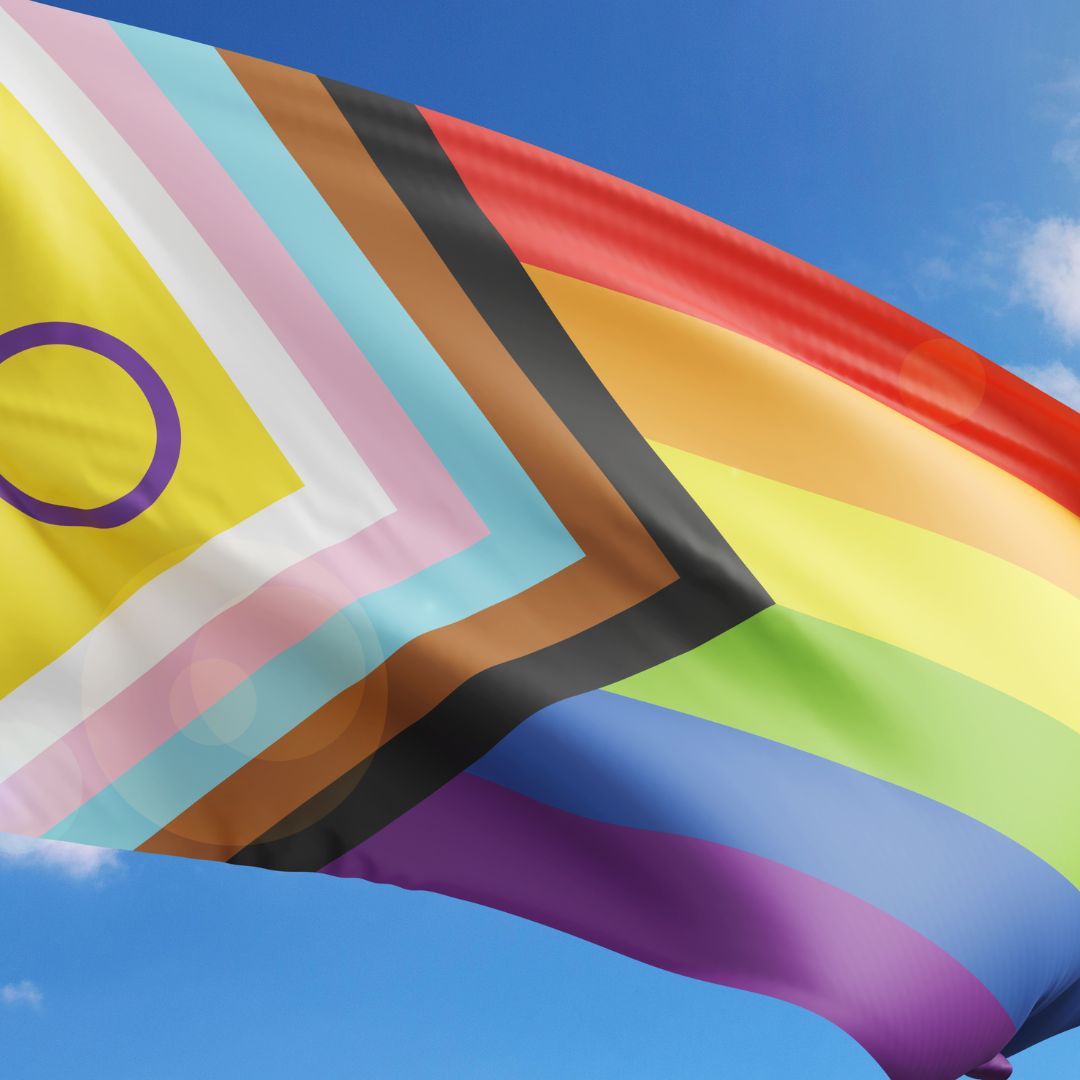
Why we are launching this programme
Currently, the LGBTI movement across Europe operates in an increasingly hostile environment that directly affects the lives of LGBTI communities and the work of activists. This environment is marked by anti-rights opposition, anti-democratic developments, rising unemployment, economic crises, ongoing and brewing geo-political conflicts, deepening structural inequalities, fear-mongering, mounting transphobic, and sexist and racist rhetoric and violence.
In these circumstances, many divisions are imposed and (re)created within LGBTI movements and across different types of activism. At ILGA-Europe, we believe it is of crucial importance to support work that highlights the structural nature of intersectionality, which connects across work, and to recognise how structural oppressions interact to produce specific harms.
This is why we are launching this 12-month programme. The programme is focused on work being done by and for racialised LGBTI communities. It will support work within the LGBTI movement which is addressing the intersectional impact of socio-economic injustice, racialisation, racism and supremacy, and its specific impacts on the lives of racialised LGBTI communities across Europe.
So many organisations and groups have been doing incredible work and contributing to change, while at the same time being historically excluded from funding. By supporting these groups, we also wish to recognise and acknowledge the specialised knowledge and skills involved in addressing intersectionality. This can mean anything from exposing structural oppressions that shape harm; building and sustaining the resilience of racialised communities; developing and applying anti-racist, feminist and alternative approaches; to working through – and in spite of – institutional violence and trauma.
This programme expresses our commitment to continue our engagement with socio-economic justice and to strengthen our work on anti-racism. We see a great value for the wider movement in making the work of the organisations supported, disseminated and visible. We see an opportunity to bring the learning from this programme to the wider movement, as we believe that solutions and approaches that include a few will pave the way and point to the solutions for many.
Structure of the Programmne
The program has two interconnected components:
- Financial support for the implementation of a project (up to 20.000 euro per project), AND
- Learning and networking that will bring grantees together (on-line) on a regular basis to exchange learning, share challenges and solutions, build solidarity and find points for collaboration and inspiration.
Important! When you apply for funding under this call, please be aware that you commit to both of the components of this program.
Aim of the Programme
The aim of this program is to:
- Bring together a group of up to 15 European LGBTI organisations/groups across Europe that work on addressing the intersectional impact of socio-economic injustice, racialisation, racism and supremacy and specific harms affecting the lives of racialised LGBTI communities across Europe.
- Support, strengthen and advance their work on socio-economic justice for racialised LGBTI communities through a combination of grants and regular peer-learning/networking meetings.
Scope of Eligible WorK
By socio-economic justice in this programme, we mean the removal of obstacles and oppressions which disproportionately worsen the social and economic conditions of already marginalised populations. Social and economic conditions include but might not be limited to education, housing, work, health, and adequate standard of living.
When we speak about racialised LGBTI communities, we are referring to LGBTI communities whose lives – and life experiences – are shaped and limited by racialised profiling, racist structures, policies, treatment and discrimination.
Because intersectional oppressions are rooted in the ‘logic’ of a human hierarchy, with Whiteness and patriarchy as supreme, we know that harms will particularly affect people racialised as Black, as well as Indigenous people, people of colour, racialised minorities in Western and Northern Europe (such as Roma, Kurds, Sami people etc.) and in Central and Eastern Europe (such as Crimean Tatars, people from Central Asia and South Caucasus in Russia etc.) In other words, racialisation will always create particular negative impacts on people who are seen as furthest from Whiteness and patriarchy (including gender binarism and hetero-normativity).
We understand that migration/refugee status and faith/religion intersections are often part of lived experiences of racialised LGBTI communities. Migration/refugee status is racialised profiling at its core. In the same way, religious dimensions are often part of racialised profiling, since they are rooted in the ‘otherness’ of non-Christians, or those whose type of Christianity deviates from ‘White’ denominations in a given society. This is why these intersections can be indicated and included in a project, given its focuses on the ways in which this type of racial profiling intersects with socio-economic justice.
Types of Organisations we will support
LGBTI-run organisations and initiative groups in Europe*:
- that have a history and track record of practice of working with and for racialised LGBTI communities
- where racialised LGBTI communities are part of the organisational structure (this is a mandatory requirement)
- that have some experience of working on socio-economic effects and lived experiences of racialised LGBTI communities (this is desirable, but not a requirement.
PLEASE NOTE: Non-registered organisations are eligible to apply, but must partner with a registered legal entity that is able to receive funds from ILGA-Europe. This entity cannot be a physical person.
* For this call Europe is considered to include the following countries: Albania, Andorra, Armenia, Austria, Azerbaijan, Belarus, Belgium, Bosnia and Herzegovina, Bulgaria, Croatia, Cyprus, Czech Republic, Denmark, Estonia, Finland, France, Georgia, Germany, Greece, Hungary, Iceland, Ireland, Italy, Kosovo, Latvia, Liechtenstein, Lithuania, Luxembourg, Malta, Monaco, Montenegro, Netherlands, North Macedonia, Norway, Poland, Portugal, Republic of Moldova, Romania, Russian Federation, San Marino, Serbia, Slovak Republic, Slovenia, Spain, Sweden, Switzerland, Turkey, Ukraine and the United Kingdom.
Type of Projects we are looking to support
We are looking for the projects that will fall into one or both of the following areas of work.
- Evidence-based awareness raising and mobilisation work that focuses on the forms and scope of the impact intersectional marginalisation and structural oppressions have on the socio-economic status and opportunities for racialised LGBTI people.
In a broad sense, evidence-based awareness raising and mobilisation work refers to any activities that aim at gathering and using the knowledge, skills and various tools to defend, promote and advance socio-economic justice for racialised LGBTI people (see the Application Form for ideas/possibilities under this area).
- Developing/strengthening collaboration with service providers and/or other partners working on socio-economic justice with the explicit purpose of fair distribution of labour amongst the actors in this field.
As a broader impact of COVID and diverse unfolding crises and conflicts in the region show, LGBTI organisations often step up as service providers and fill the gap left by the governments and social and other services. However, it is important to understand that this call is not designed to support service provision. It can only support work that aims at strategic collaborations and partnership with existing organisations and service providers, with a focus on influencing their practice so they acknowledge experiences of racialised LGBTI communities and pro-actively meet the needs of these communities (see Application Form for ideas/possibilities under this area).
Key information
- ILGA-Europe aims to support up to 15 grants to the amount of €15,000 to €20,000.
- The project should be implemented within a period of 12 months. The programme runs from 1 June 2023 until 1 June 2024. (Only costs between 1 June 2023 to 1 June 2024 will be eligible). The final reporting will be due no later than 15 June 2024.
- Peer-learning meetings will happen on-line on a regular basis, approximately every six weeks during the project period. Over the course of 12 months, we will have up to eight meetings (up to three hours each). The first meeting will be a webinar to inform you on the financial and administrative requirements under this call. Please account for this staff time in your budget.
- For the duration of the project we will have regular check-in calls with you – a one-hour call every three months. During these conversations we will discuss the project implementation, threats, opportunities, challenges, and possible capacity building needs.
Budget Criteria
The types of costs covered through this fund are direct project costs and can include:
- Personnel costs
- Travel and event costs (both physical and digital)
- Costs related to obtaining external expertise and/or services associated with the implementation of the project
- Interpretation and translation costs
- Communication activities and campaigns related to the aim of this call, including social media and traditional media fees, production of materials, design, printing
- A fair proportion of administrative costs or core organisational costs which are linked to the implementation of the project (rent, utilities, IT, technology and telecommunications, accounting, administrative fees, fiscal sponsor fees, depreciation of new and existing equipment).
Under this call there is no budget percentage limitation to covering personnel and consultancy costs, as long as they are clearly directed towards the objectives of the call.
Organisational capacity building can be included. Projects can incorporate training, internal learning for staff and/or volunteers and other activities aimed at building the knowledge and skills needed for organisations to meet the broader purpose of this call.
Reporting and communication
Mid-way and at the end of the project, you will need to report financially on how the funds were spent. Financial reporting will require some basic knowledge of Excel and the applicant will require some basic administrative and financial systems in order to manage the grant (e.g. cash management, tracking of expenditure, record-keeping). Full information and guidance on reporting financial and administrative requirements will be provided to successful applicants.
We believe that the broader LGBTI movement can benefit from the learning of these projects. We would like to share learning from the work done under this funding with other LGBTI activists in Europe and Central Asia. This knowledge can be shared through articles, educational materials, online learning sessions among others. Sharing learning will be ILGA-Europe’s responsibility and we will work with you to identify what information can be shared in what ways, and with whom.
key things to consider
In selecting proposals, ILGA-Europe will prioritise projects that:
- Demonstrate clear understanding of how the intersection of LGBTI identities, socio-economic injustice and racialisation works in their local contexts
- Present a clear plan for how the envisaged change is going to come about in these contexts
- Seek to establish practices/tools/solutions that can live beyond the project’s lifetime
- Have the potential to enhance the movement’s thinking on anti-racism and working towards socio-economic justice in general and for socio-economic justice for racialised LGBTI communities in particular.
- Respond to the framework, aim, objectives, and areas of work of this call
- Are implemented by LGBTI-run organisations and initiative groups in Europe that have history and practice of working with and for racialised LGBTI communities
Deadline and Timeline
- Proposals should be submitted using the attached application form and budget template. The last day to submit your application (deadline) is 2 April 2023, Sunday, 23:59 CEST.
- We will review applications, decide on projects to be supported and inform all applicants about the results of the review via the e-mail address provided in the application by 5 May 2023.
- Contracts will be signed with organisations in May 2023. Successful applicants should be available to respond to requests during that period. The project must start on 1 June 2023.
- To submit an application or if you have any questions in the preparation of your project proposal, please contact: grants@ilga-europe.org
Any Questions?
If you have any questions in the preparation of your project proposal please submit them via e-mail to grants@ilga-europe.org
We will answer all of your questions via e-mail and then publish answers on a dedicated ilga-europe.org website page on 27 February and on 23 March, in order to share the information among all applicants.
Application documents
New funding program for data-collection on violence in Europe and Central Asia
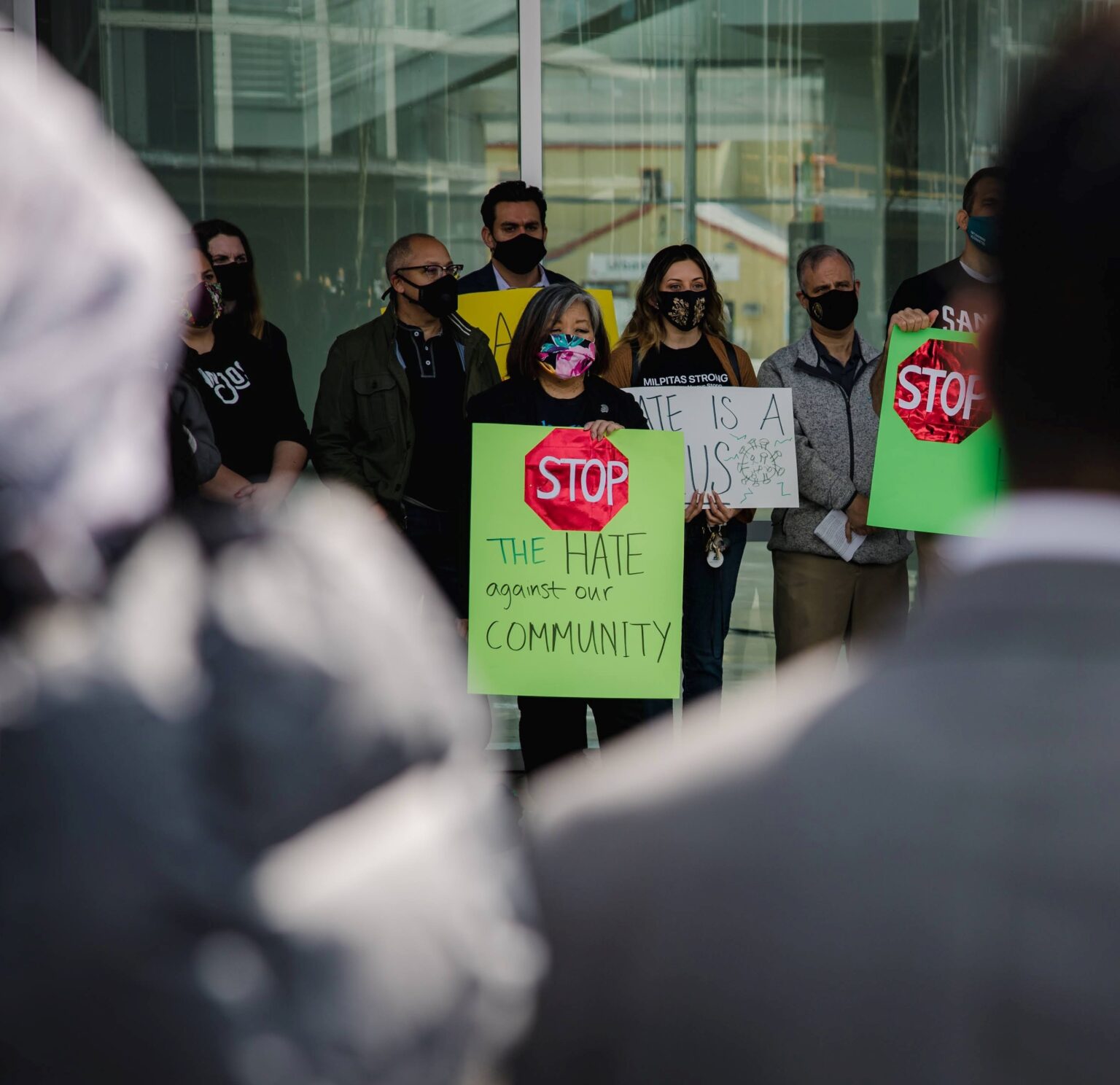
ILGA-Europe invites organisations and initiative groups from the region of Europe and Central Asia to join our program aimed to support the LGBTI movement in its Documentation and Advocacy work.
This year we offer an opportunity to apply for funding to collect and document data on cases of violence against the LGBTI communities in Europe and Central Asia. We will support proposals focusing on collecting evidence that provides advocacy insights on the situations around institutionalised violence as well as tackling lack of support to the victims of domestic violence based on their SOGIESC.
This activity is launched under the priorities of Pathways 2, 4 and 5 of ILGA-Europe’s Strategic Framework for the period of 2019 – 2023. The grants will be supported from ILGA-Europe’s own funds, coming from private donations.
Deadline for applications: 15 November 2022, 23.59 CET (Brussels time).
Themes of the call
Through this program we intend to support 8-10 organisations/initiatives in one of the following thematic areas, which are currently requiring attention from the advocacy perspective and yet do have sufficient evidence documented.
- Discrimination and violence by police and other criminal justice institutions
ILGA-Europe members across our region report that LGBTI people, particularly LGBTI people facing multiple and/or intersectional marginalisation, are frequently subjected to human rights violations by police, even when reporting cases of hate crime. In addition, we often hear that the police and other institutions of criminal justice avoid properly investigating cases of violence against LGBTI people and brining perpetrators to justice, even when the country has adopted a legislative framework that provides for LGBTI-specific grounds for protection. However, when we report these instances to international institutions, to explain that this is a systemic issue which needs specific solutions, we often do not have the quantitative or systematic data to back up our claims.
2. Access of victims of domestic violence[1] to justice and victims support services
Since the COVID-19 pandemic, ILGA-Europe has been working on domestic violence against LGBTI people in our region. We continue hearing that LGBTI victims of domestic violence face specific challenges when attempting to access justice and support services. Negative experiences in dealing with government agencies or social support services because of their SOGIESC, can contribute to LGBTI victims feeling concerned they will not be understood or believed when disclosing abuse from their partners or family members. When LGBTI victims report abuse to law enforcement officials or social services, they can still face additional barriers to getting the necessary support to leave an abusive relationship or environment. Despite widespread domestic violence against LGBTI people and issues in accessing victims support services and justice, these issues remain invisible in official statistics as EU member states fail to record domestic violence against LGBTI people comprehensively and systematically.
The specific goal and work that can be supported under this program:
The program is aimed at supporting collection of violence cases against the LGBTI communities through allocation of grants to organisations for collecting evidence of (1) institutionalised violence and (2) refusal to and/or lack of support for the victims of domestic violence because of their SOGIESC. Below are some details of what can be monitored and documented:
- Discrimination and violence by police and other criminal justice institutions
We encourage applicants to look at human rights violations, not just among the police but also among other institutions of justice (prosecution, judiciary, defence), who either commit violations or refuse to sanction or investigate violence when it is their duty to do so. We encourage quantitative data collection to be disaggregated on intersecting identities such as race, migrant status, disability, age and gender, in order to show how certain LGBTI people are more exposed to violence, and to help activists have data to forge strong alliances with other marginalised groups who are working to tackle institutional violence in criminal justice. Below are some examples of cases for documentation:
1. When someone reports a case of discrimination, hate crime or hate speech with a SOGIESC motive and receives LGBTI-phobia from police/investigators, at the moment of reporting and/or during the investigation process.
2. Denial of treatment or mistreatment of LGBTI people in medical settings.
3. Systemic lack of prosecution in SOGIESC related cases, especially when the legal framework exists (i.e. non-implementation of the anti-discrimination or hate crime/hate speech law which has SOGIESC as aggravating factors).
2. Access of victims of domestic violence to justice and victims support services
As disaggregated data is essential to truly understanding the prevalence of domestic violence against LGBTI people and access to support services and enables informed decisions on where and how to target legislative protection, funding and other support, we are calling for project proposals aimed at quantitative data collection on barriers to access of victims of domestic violence to justice and victims support services. Below are some examples of cases for documentation:
1. When LGBTI person is suffering from domestic violence on the hands of partner or family member but does not report to the police because of lack of legal protection at the national level. For example, a person suffering intimate partner violence and living in same sex partnership cannot report intimate partner violence because national legislation defines intimate partner violence as violence experienced in different-sex partnerships (male perpetrators and female victims).
2. Denial of access to shelters for trans or male victims of domestic violence, in particular access for trans women to shelter for female victims of domestic violence.
3. Limited access to information. For instance, when LGBTI youth or children experience physical, psychological or economic harm at the hands of parent or legal guardian but they do not have access to hotlines to receive information on how and where to seek help.
IMPORTANT! Submitted applications should concentrate on documentation of ONE type of violence: institutionalised OR domestic.
Budget and scope
Under this program ILGA-Europe will provide grants to LGBTI organisations and initiative groups in budget sizes depending on their annual budgets, organisational experience in Monitoring and Documentation, as well previous experience of implementing projects under the re-granting schemes of ILGA-Europe, including the Documentation and Advocacy fund. Depending on the organisational profile, applicants shall submit their proposals under one of the tiers below:
| Tier | Expected budget of grant | Minimum eligibility requirements under each tier (applicants must meet all the bullet points): |
|---|---|---|
| Tier I | EUR 5.000-10.000 (around 5 grants) | Newly established LGBTI groups: registered or not registered and have recently started organising themselves Non-registered applicants need to identify a fiscal sponsor Minimal or no experience in monitoring and documentation as well as grants implementation |
| Tier II | EUR 10.000-15.000 (around 5 grants) | LGBTI organisations registered as legal entities Applicants have previous experience of implementing projects under ILGA-Europe’s re-granting schemes Applicants have already some or in-depth experience in documentation of human rights violations cases. |
Funding amounts will be determined on the basis of the scope of the project proposal, taking into consideration factors such as geographical scope, capacity to absorb funding and costs of living in the concerned country.
Useful information, links, and tools
ILGA-Europe are open to support grants that have already documentation systems in place as well as those who want to set up a system for documentation of human rights violation cases. Applicants are free to choose the methodology for documenting violence cases. The experience of the ILGA-Europe work in previous years demonstrated that implementation of such projects allows selected applicants to develop data collection skills on cases of institutionalised or domestic violence cases in Europe and Central Asia. In case if an applicant requires additional information to decide on methodology here you can find useful information at https://www.huridocs.org/our-manuals/ or https://uwazi.io/ . You can also get in touch with ILGA-Europe to ask for specific tools.
Under this call ILGA-Europe will support documentation methods and reporting techniques which may include on-line reporting, face-to-face interviews or interviews by phone. ILGA-Europe will also support the publication of the report to be produced as a result of the project. At minimal, all projects should include the collection of data and the production of a report on the basis of the data collected.
Application forms shall include a description of the planned activities and of the chosen reporting methodology. Your proposals will be evaluated taking into account the capacity of your organisation to implement the project.
Information on the advocacy plans that your organisation intends to carry out on the basis of the produced report will be considered as an asset for your application. Organizations are also encouraged to demonstrate how this project will support the building of internal documentation skills in relation to documentation of situations around the case of institutionalised or domestic violence.
Information on your organisation’s plans to sustain in the long term the reporting and monitoring processes put in place thanks to the grant will be considered as an asset for your application.
ILGA-Europe’s staff remains available to facilitate information exchange on methodological tools used by its successful applicants. You can also find information about most recent documentation projects at ILGA-Europe webpage.
Applications should define vocabulary clearly and use it consistently throughout their proposal and project. It is important to clearly identify the indicators you intend to use and how you will gather, classify and measure the information to be collected. For guidance see HURIDOCS and UNHR sources.
Eligibility criteria
All applications will be assessed based on the following criteria
- Under this Call, the maximum duration of projects cannot exceed 12 months and projects shall be completed on or before December 31, 2023. Proposed minimum duration of projects is 8 months
- ONLY applications from LGBTI organisations in the European region and Central Asia[2] are eligible. A list of the eligible countries can be found here
- The totals of the budget should fall into one of tiers described above
- The submitted application should concentrate on documentation of ONE type of violence: institutionalised OR domestic. Applications including both will be considered as ineligible
- Documentation of violence cases in the period of project implementation (2023) as well as cases happened in 2021 and 2022.
The selected applications should:
- Provide a clear methodology and outline what the objectives, added-value and expected outcomes are;
- Allow for the documentation of new evidence on LGBTI discriminatory practices in documentation;
- Enhance data collection skills on violence cases against LGBTI communities;
- Clearly indicate the language of the final product (advocacy report) and other outputs;
The deadline for the applications submission is 15 November 2022, 23.59 CET (Brussels time). Decisions on grants awarded will be communicated in December 2022.
Due to capacity and funding limitations NO applications from outside Europe and Central Asia, or submitted after the deadline will be accepted.
You can submit your application in English or ask any questions to ILGA-Europe’s Senior Programmes and Policy Officer Boris Balanețkii: boris@ilga-europe.org.
[1] “domestic violence” means all acts of violence that result in, or are likely to result in, physical, sexual, psychological or economic harm or suffering, that occur within the family or domestic unit, irrespective of biological or legal family ties, or between former or current spouses or partners, whether or not the offender shares or has shared a residence with the victim
[2] Countries-members of the Council of Europe as well as Russia, Belarus, Kosovo, Kazakhstan, Kyrgyzstan, Uzbekistan, and Tajikistan.
The Frontline: Working Alongside Businesses to Shift Attitudes

We’re looking at this through the lens of one very successful partnership and campaign, between Mermaids, a UK organisation helping trans, nonbinary and gender diverse children, young people and their families, and the coffee giant, Starbucks.
With us to talk about the #WhatsYourName campaign, and what it means in terms of opportunities for partnerships between LGBTI organisations and businesses, is Susie Green, the CEO of Mermaids.
Listen below or click here to listen and subscribe to The Frontline on your favourite podcast platform.
The Frontline: How Businesses Can Support LGBTI Equality
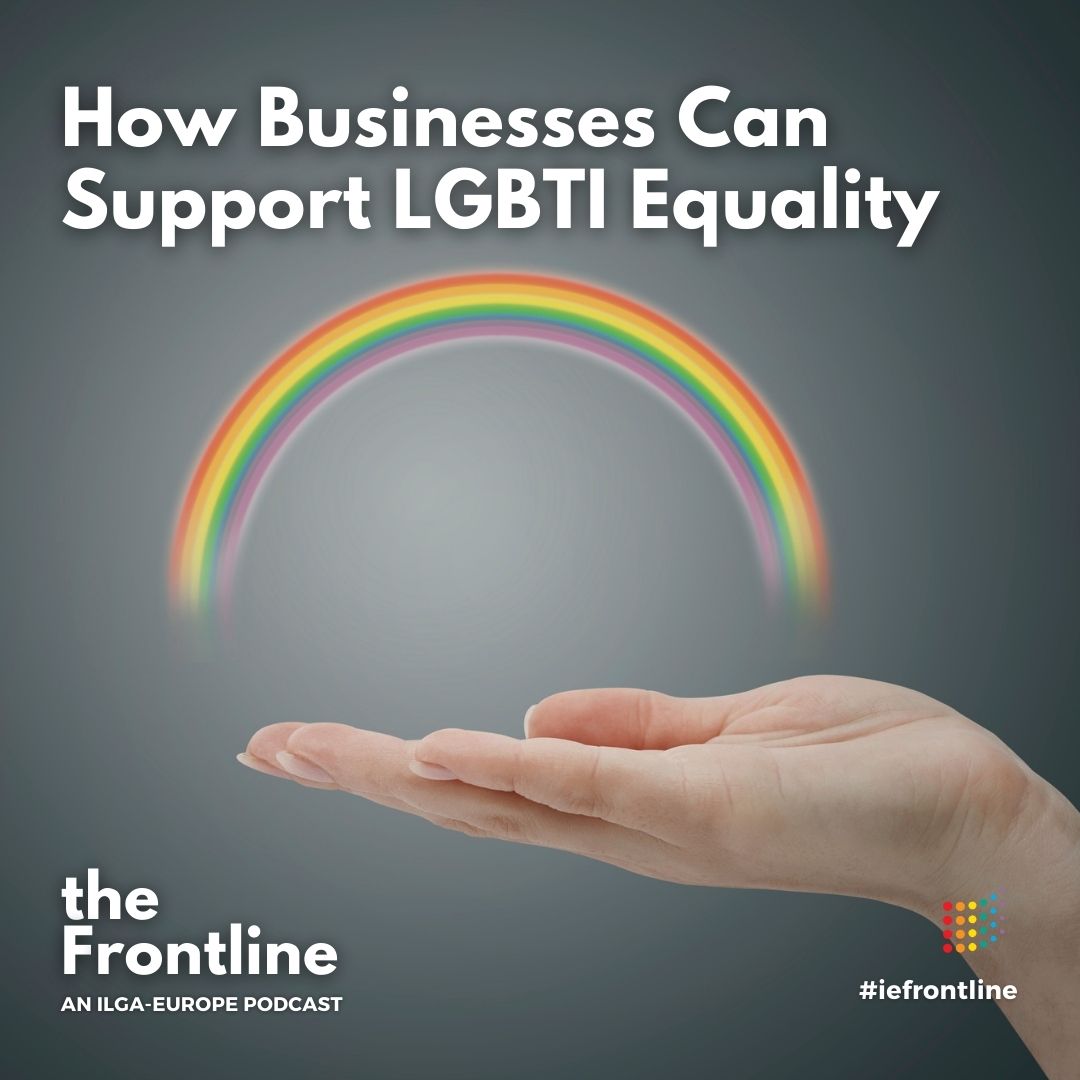
In this, the second episode of our new mini-series exploring the opportunities and challenges that come with businesses supporting LGBTI equality, we’re taking a closer look at how business can support LGBTI civil society.
With us to talk about how to build partnerships with business in contexts and countries requiring different responses, from advocacy to campaigns, are Nancy Kelley, the Chief Executive of Stonewall, which has long experience working with private business both in the UK and internationally and Noah Kraljevi?, from the ILGA-Europe member organisation, Expanse of Gender and Media Culture ‘Common Zone’, who has led on LGBTI inclusion in the workplace in Croatia and joins us to talk about engagement with the private sector in the country.
Listen below or click here to listen and subscribe to The Frontline on your favourite podcast platform.
The Frontline: Making the Business Case for LGBTI Equality
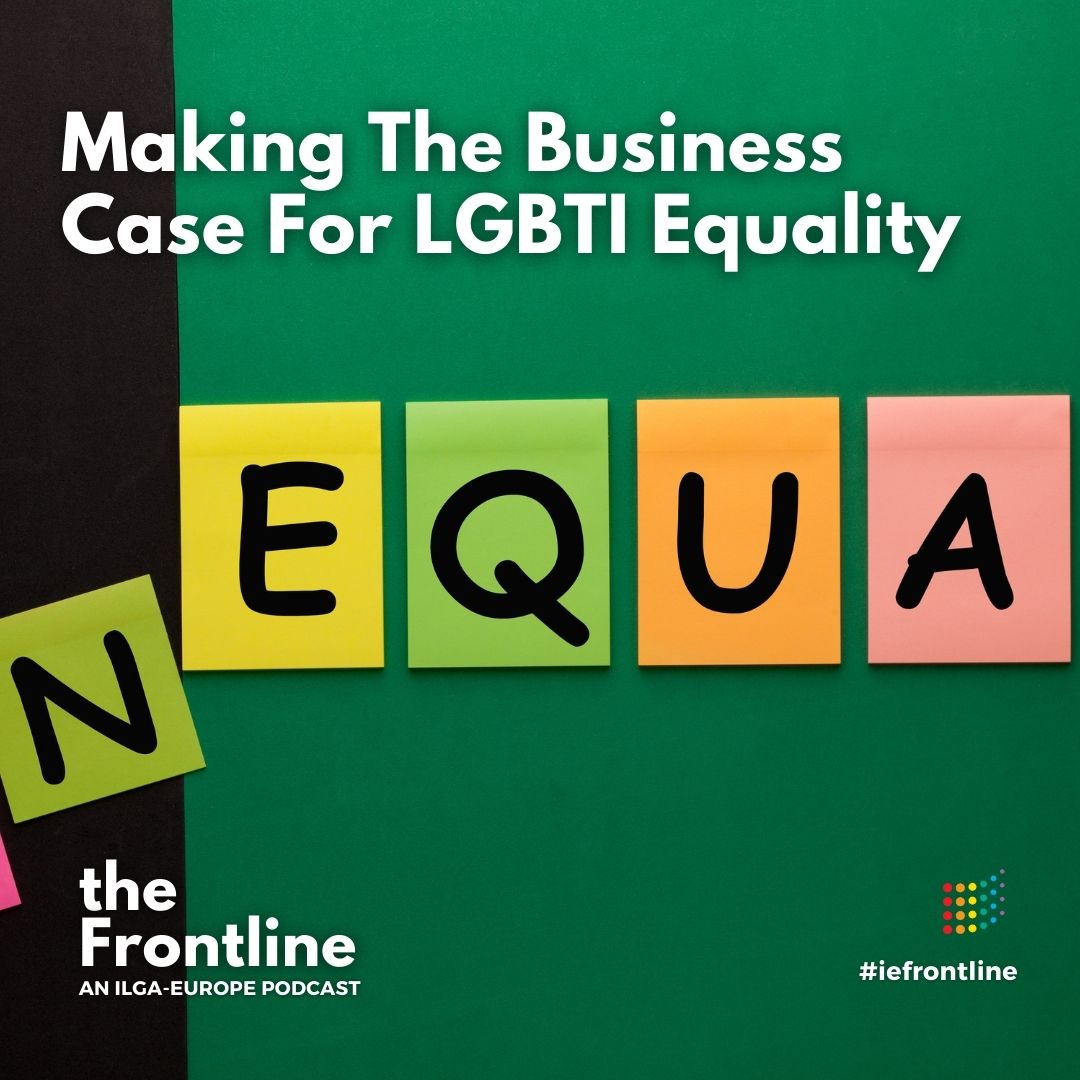
Over the past few years, more and more companies have been engaging with LGBTI rights and equality, from putting inclusive employment policies in place, to celebrating Pride in their marketing campaigns, to speaking out in favour of laws that would support LGBTI equality. This provides some great opportunities for activist organisations, but it’s not all plain sailing.
In this episode of The Frontline, we look at the rising opportunities and challenges for LGBTI organisations engaging with the private sector. At ILGA-Europe we’ve experienced these first-hand, as businesses have reached out to support our work with and on behalf of our member organisations, and with us to discuss these developments from the ILGA-Europe perspective is our Executive Director, Evelyne Paradis.
We’re also joined by Jens Schadendorf, independent LGBTI researcher at the chair of business ethics at the Technical University of Munich, and author of the recent book, Gayme Changer: How the LGBT+ Community and their Allies are Changing the Global Economy , which provides and overview of the business arena engaging with LGBTI rights and inclusion, and the impact of that, both on communities and countries.
Listen below or click here to listen and subscribe to The Frontline on your favourite podcast platform.
The Frontline: The Private Sector and LGBTI Equality – Mini-series Introduction
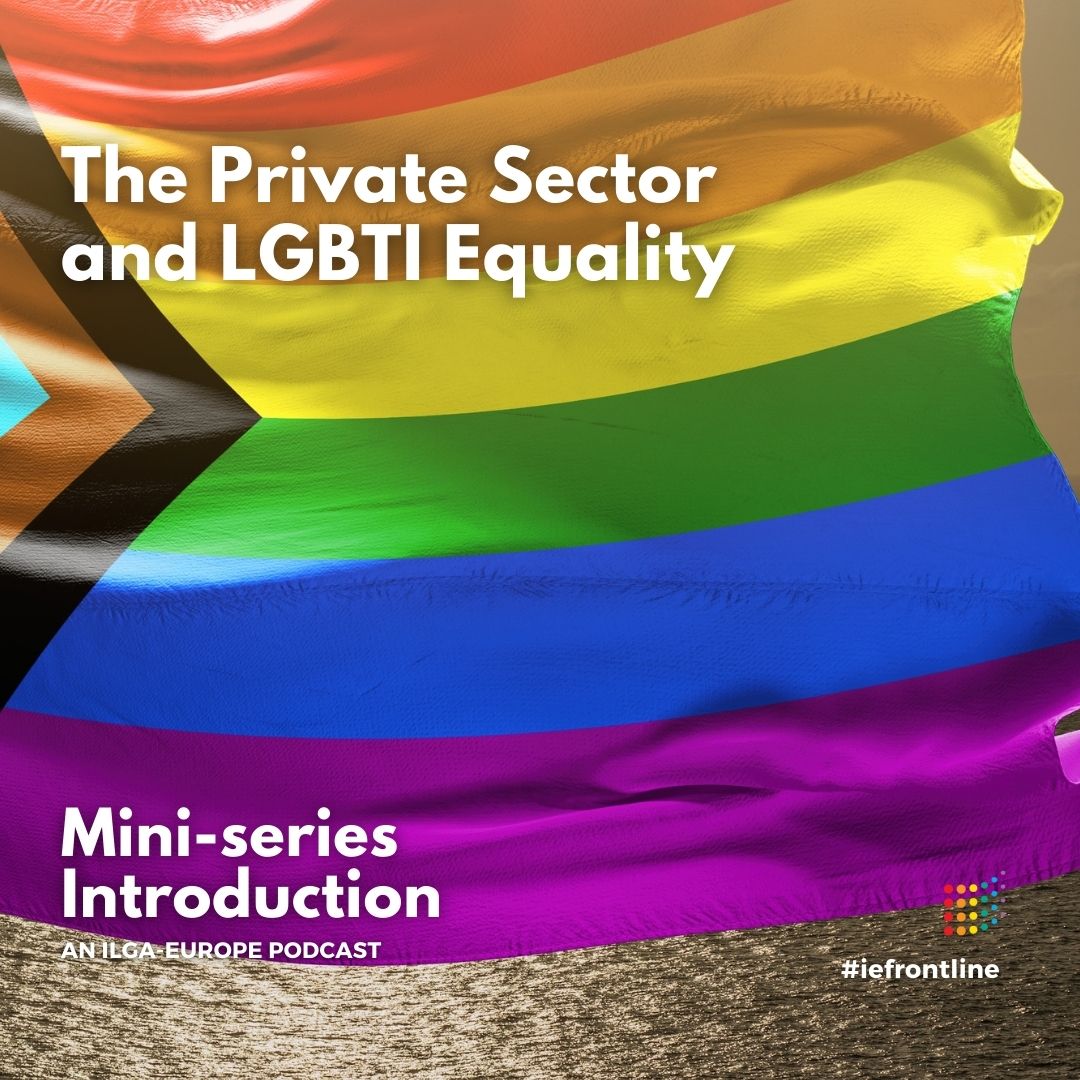
With the war in Ukraine and the Russian threat to democracy it has intensified, now more than ever we need to be working together across many alliances to ensure that equality and freedom are at the cornerstones of European society.
Our new mini-series was recorded before the war began, but with it’s deep dive into how actors in the private sector, from big corporates to small and medium businesses, can work with LGBTI organisations to shape a better future for us all, we think it is more important than ever to have this discussion.
From making the business case for engagement, to exploring the different ways businesses can work with LGBTI organisations, to a case study in how the coffee giant Starbucks successfully worked with a trans youth organisation to help shift attitudes, this is a series with learnings for both businesses who want to help shape a better world, and LGBTI organisations seeking to work with them.
Listen to our introduction to the series below or click here to listen and subscribe to The Frontline on your favourite podcast platform!
Call for proposals: Supporting strong communications by LGBTI organisations
Over the coming three years, ILGA-Europe will do this through different activities, including financial support and consultancy to build strong communications abilities, grants to support targeted communications initiatives, peer learning spaces and a growing network of communications practitioners and experts.
Since 2013, we have been offering support through analysis of message and framing on LGBTI issues, grants to support narrative development and message testing, trainings and materials on strategic communications for LGBTI organisations, skills-boost activities on basic communications skills, and facilitation of a Facebook group of LGBTI communicators, among other activities.
In 2019, we launched an assessment of communications needs of the LGBTI movement in Europe and Central Asia, to better understand what is holding LGBTI organisations and groups back. The main conclusions of this study, the largest-ever carried out specifically on communications of the LGBTI movement in the region, were twofold:
- Existing capacities to undertake this work are currently inadequate
- There is a huge untapped potential of the movement’s communications ability as we see a great wealth of communications knowledge and experience in the movement on which we can build to grow the movement’s communications capacity.
With the new programme ILGA-Europe aims to effectively close the gap between inadequate resources and the wealth of existing experience.
As part of this programme, at the end of May 2022, ILGA-Europe is opening a call for proposals for multi-year project grants to support LGBTI organisations in strengthening their own strategic communication capacities.The aim of these grants is to support organisations to make communications into one of the core functions in their work and to amplify their existing communications skills and experiences.
Main things about the call:
- ILGA-Europe invites project proposals from LGBTI organisations and groups in Europe and Central Asia
- We expect to make up to five multi-year project grants (each grant for the period of 2.5 years) to LGBTI organisations to develop and strengthen their communications work
- Organisations should be able to demonstrate their existing communications experience and have a clear vision on how to develop communications as a strategic area of work
- Grantee partners will have access to various learning opportunities and will be asked to share their own learning with ILGA-Europe and with the wider LGBTI movement
- Following an online session for prospective applicants organised on May 12, we prepared a Q&A document about the call and the application process.
To apply please submit your application and budget to our Senior Programme’s Officer, Svetlana. Proposals should be submitted using the application form and budget template before May 29, 2022, Sunday, 23:59 (CET). For the detailed information on the aims of this call, background information and eligibility criteria, see the Call for proposals. You can also use our Guidance on reporting financial and administrative requirements while preparing your application.
If you have any questions in the preparation of your project proposal, please contact Svetlana Zakharova, ILGA-Europe’s Senior Programmes Officer: svetlana@ilga-europe.org
A Marathon, not a sprint: how we’re responding to the invasion of Ukraine
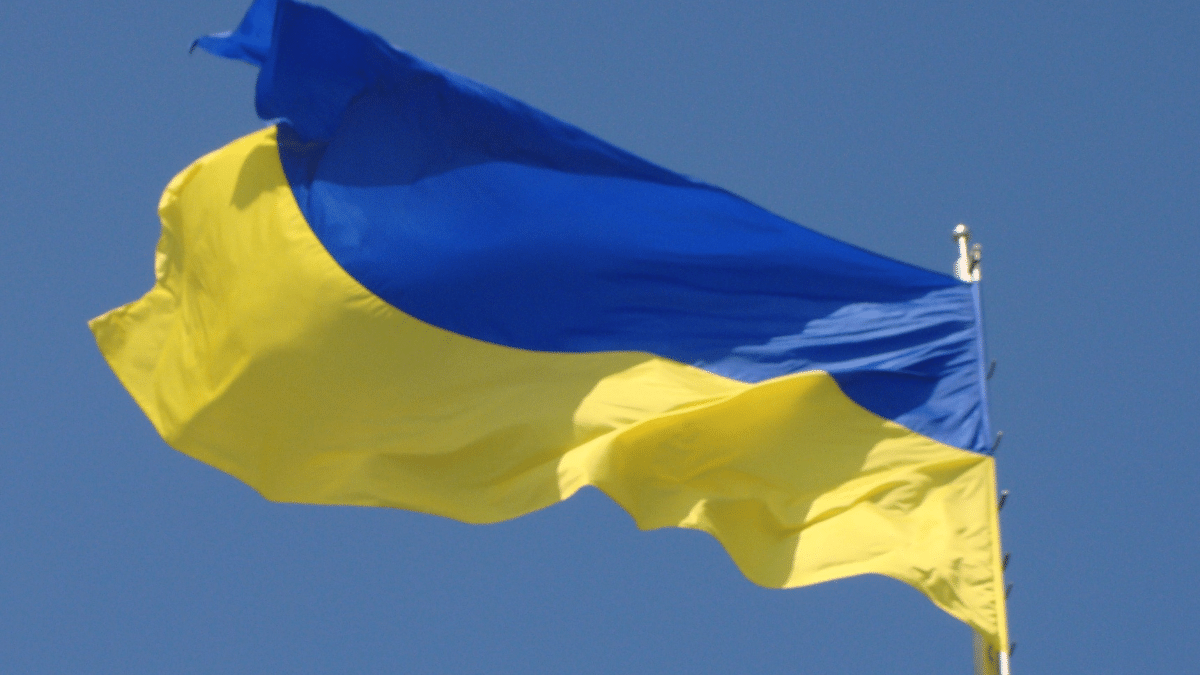
In the past week, since Russia invaded Ukraine on February 24, the global response has been massive, alongside a great number of organisations working with LGBTI communities in the country, and in countries where refugees are landing.
At ILGA-Europe, we’re working to immediately help vulnerable people, but we’re looking towards the long-run too.
As the war in Ukraine has become the focal point of the world, there is a rush to help people and organisations in the country, and rightly so. As many staying in Ukraine seek safety and survival support, while a million and counting continue to cross borders into neighbouring countries and chances for people to leave become slimmer by the day, an immediate humanitarian response is absolutely necessary
At ILGA-Europe we have been working in this respect, helping people on the ground as best we can through our connections with LGBTI organisations, but we recognise that this is not going to be a short-term situation for vulnerable people in Ukraine, Russia and neighbouring countries.
We recognise that this is a marathon, not a sprint, and that efforts across the board to help are complex and will become more so as time goes on. With that in mind, here are the elements of our work, which began in the days leading up to February 24, and are continuing.
Funding
We have shifted a major proportion of our re-granting funds to give emergency help to LGBTI organisations on the ground in Ukraine to help people in the country find safety, food and shelter. We are also shifting funds to LGBTI organisations in neighbouring countries to help get LGBTI refugees into proper living conditions and help them acclimatise.
Working with other funders
We are coordinating with other organisations who are doing fundraising, as well as with our funders to join them up with the right organisations in Ukraine and neighbouring countries, where the funds they raise can do most good.
Directing individual fundraising to the organisations that urgently need it
We are building a list of organisations in Ukraine and neighbouring countries working directly with LGBTI people and communities, which can be found here. This is a growing list, and the information is as accurate as possible.
Connecting those who are mobilising
We have set up various communication channels to connect those who are helping people get into safety and ensure quick coordination around emerging needs.
Working with our member organisations in Ukraine, Belarus and Russia
Although it is difficult to have day-to-day contact with LGBTI organisations in Ukraine, we are doing our utmost to keep the flow of contact with them going, so that we can work to support them in whatever way we can, based on their needs. We are in day-to-day contact with our member organisations in Russia and Belarus, where repression to civil society has intensified, to support them in whatever way we can, based on their needs.
Advocacy on Medical Provisions
Currently one of the paramount issues is making medications available for trans, intersex and people living with HIV. We are assessing needs and working to target the World Health Organisation, governments and the pharmaceutical industries, advocating on behalf of those in need.
Advocacy for Refugees
We are providing information about EU regulations adopted on temporary residency for refugees now, and using our channels with EU institutions and agencies, as well as with national governments to see how we can make sure that all refugees are respected at borders, including BPOC, people with non-Ukrainian passports and trans people.
Together with Transgender Europe (TGEU), we are raising awareness about the specific vulnerable situation for trans women in Ukraine who do not have a female gender marker on their passport. Many are trying to leave the country but cannot, due to the general mobilisation. We are seeing how we ensure support of such cases and raise awareness of this situation of extreme vulnerability.
We have our communications channels open non-stop for LGBTI organisations who need help, or wish to help. In the meantime, we recognise that while much of our immediate work has turned towards the war in Ukraine, we are figuring out ways to continue to be responsive to increasingly complex, and daily changing circumstances, while continuing to give our attention to other crucial elements of our work for LGBTI people across Europe and Central Asia.
Support for LGBTI People in Ukraine
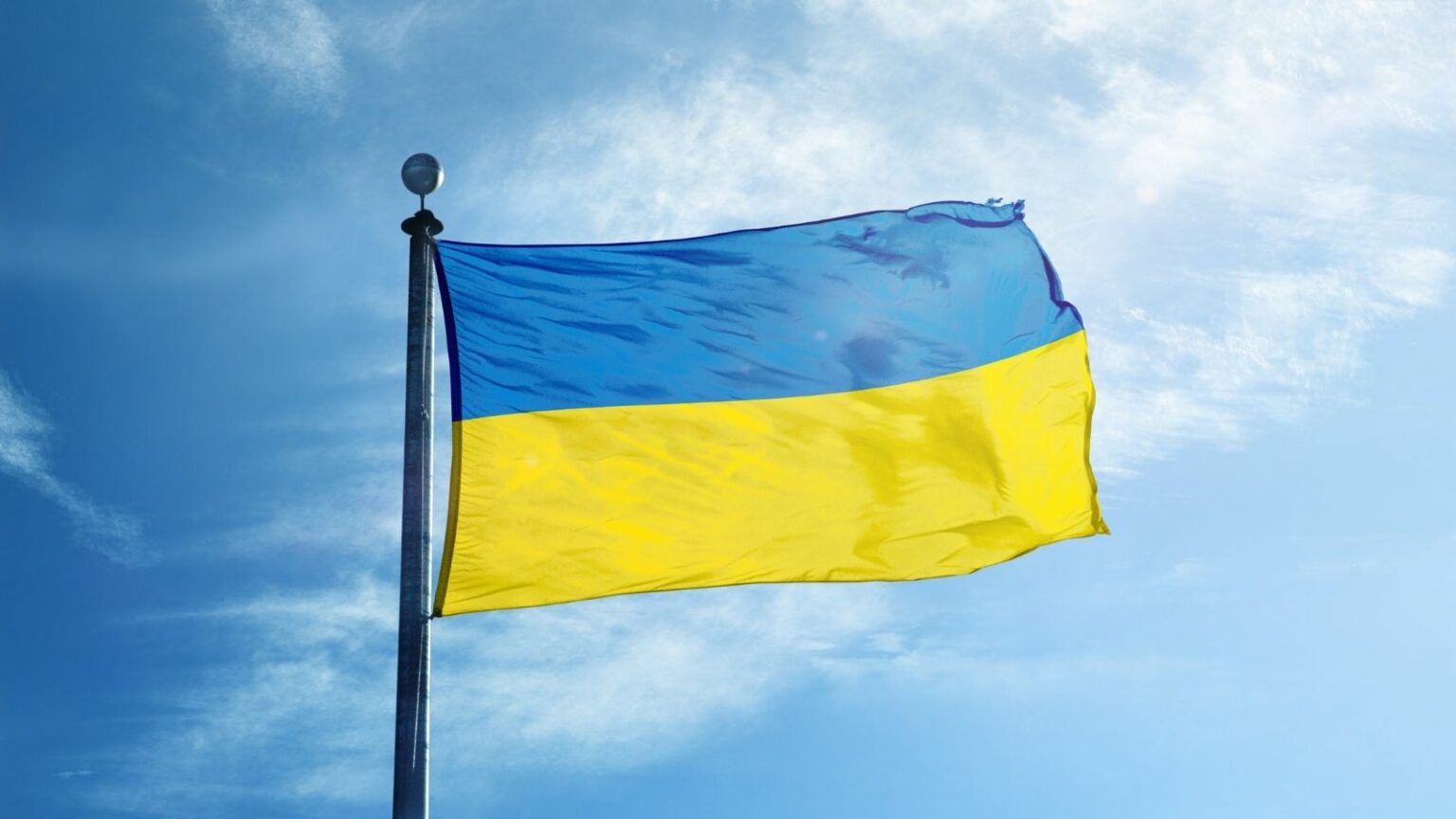
As is the world, at ILGA-Europe we are continually assessing the rapidly developing situation in Ukraine and the region, and in particular for LGBTI people.
We are in contact with activists and other organisations working to support LGBTI communities in Ukraine and those fleeing, to better understand the needs and see what kind of support may be helpful. The situation on the ground is changing rapidly, and we will provide information on how best to support when appropriate.
We are also in touch with activists in Russia and Belarus. As we all know, many people in Russia and Belarus are mobilising in protest against the Russian invasion. It is vital that in this time particularly, we continue to support those working for human rights in democracy in Belarus and Russia, and so ILGA-Europe continues to do this simultaneously.
We are in groups where information is exchanged and will be taking part in calls with groups of Ukrainian activists in the coming days. We will provide updated information on our website regularly.
Assessing needs
LGBTI groups in Ukraine are playing a critical role in trying to support their communities. Current needs are around shelter, access to food and medication and psychological support, and often relocation to safer places.
How you can directly support
For now, we feel it is most appropriate to direct donations to groups in Ukraine who are receiving funds. We encourage people to support initiatives that are already in place and doing the work.
If you have any problems getting funding through to these organisaations, please contact us to let us know.
IN UKRAINE:
Kyiv Pride
Providing humanitarian support to LGBTI people in Kyiv, donate here.
Sphere Women’s Association
Women’s group working on humanitarian aid.
EUR:
| Name of your bank: | JSC CB “PRIVATBANK” |
| City and country where bank is located: | KYIV, UKRAINE |
| Name of the account holder: | NGO Kharkiv Women Association “Sphere” |
| Account number: | UA283515330000026006052214124 |
| Bank/routing/SWIFT code: | PBANUA2X |
| Name of Intermediary/Correspondent bank: | Commerzbank AG |
| City and country where Intermediary bank is located: | Frankfurt am Main, Germany |
| Bank/routing/SWIFT code for intermediary bank: | COBADEFF |
USD:
| Name of your bank: | JSC CB “PRIVATBANK” |
| City and country where bank is located: | 1D HRUSHEVSKOHO STR., KYIV, UKRAINE |
| Name of the account holder: | NGO Kharkiv Women Association “Sphere” |
| Account number: | UA413515330000026003052251919 |
| Bank/routing/SWIFT code: | PBANUA2X |
| Name of Intermediary/Correspondent bank: | JP Morgan Chase Bank |
| City and country where Intermediary bank is located: | New York, USA |
| Bank/routing/SWIFT code for intermediary bank: | CHASUS33 |
LGBTI Human Rights Nash Mir Centre
The Centre urgently needs funds to continue working with LGBTI people who cannot leave Kyiv, you can donate here.
Insight LGBTQ
Helping with temporary housing, relocation to safer areas, food, medicine and first-needed supplies, donate at this link.
NGO Fulcrum
Supporting relocation, shelter, emergency aid to LGBTI persons, donate at this link.
Gender Z
Based in Zaporizhzhia, Gender Z are inviting donations to help them support community members who have not left and need emergency assistance, such as shelter, basic needs support etc. Donate at this link.
Alliance Global
Funding a shelter in Kyiv for MSM and trans* people who are unable to leave the city and are in difficulty. Have almost run out of funds. You can donate by bank transfer here:
| Name of bank: | JSC CB “PRIVATBANK” |
| City and country where bank is located: | KYIV, UKRAINE |
| Name of the account holder: | Dobroskok Oksana |
| IBAN Number: | UA613052990000026207880807940 |
| Bank/routing/SWIFT code: | PBANUA2X |
| Name of Intermediary/Correspondent bank: | JP Morgan AG |
| City and country where Intermediary bank is located: | Frankfurt am Main, Germany |
| Bank/routing/SWIFT code for intermediary bank: | CHASDEFX |
ZBOKU
Basen in Kyiv, ZBOKU is an art initiative that is creating sexual and gender dissent art in Ukraine and needs funds to continue paying for their space that became a bomb shelter and continue their work on making and protecting art. Donate at this link.
This list will be updated as new direct support initiatives are created.
As often well-funded right-wing forces rise, one in three LGBTI organisations operate on less than 55 euro a day
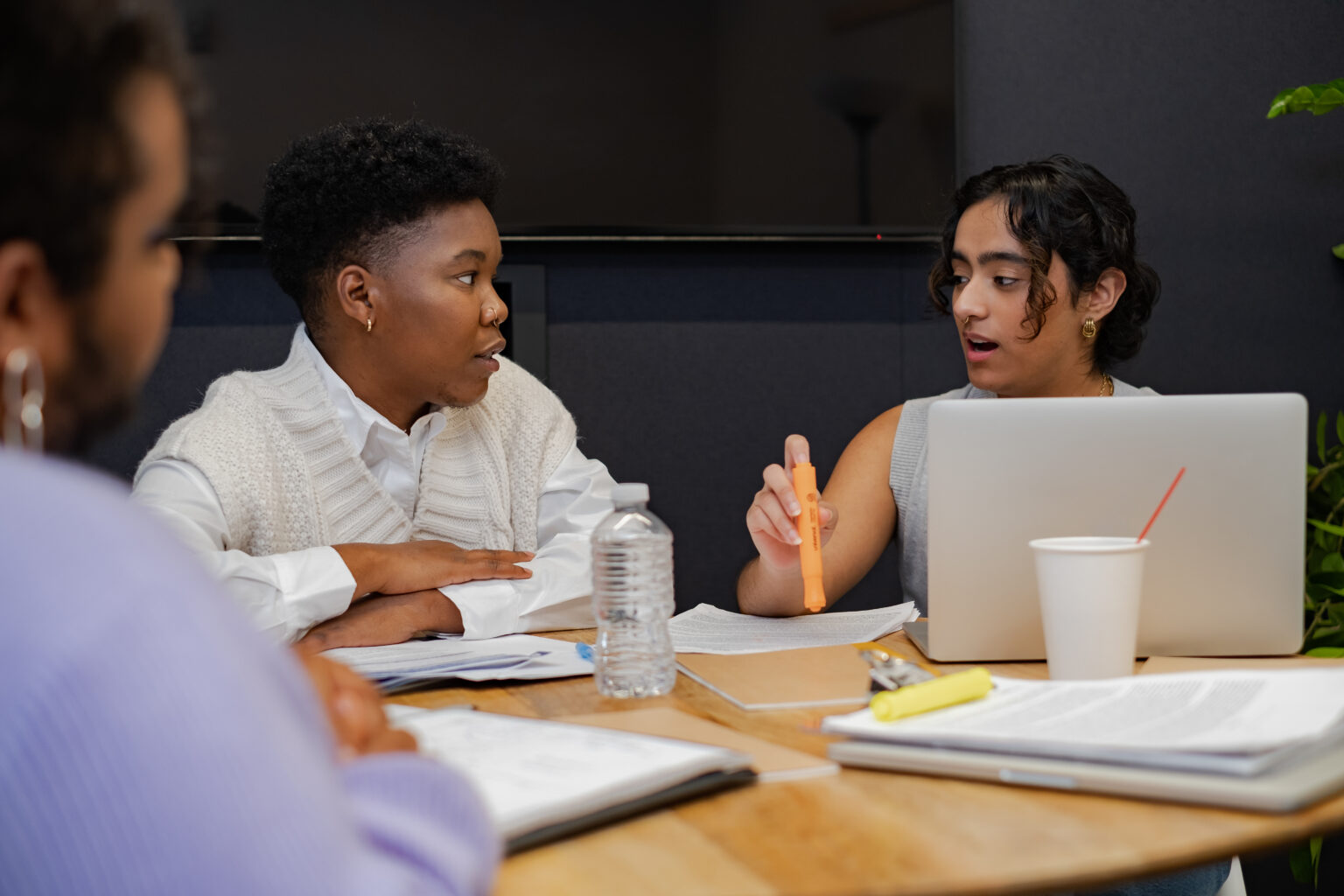
ILGA-Europe’s latest report shows that one in three LGBTI organisations in Europe and Central Asia are working with a budget under 20,000 euro per year – that’s just under 55 euro a day — all the while facing and responding to the rise of often well-funded anti-LGBTI forces and their effect on people’s daily lives. And that’s just a small part of the bigger picture.
In 2020, apart from their usual (not so) ordinary job of improving lives and securing human rights for LGBTI people, LGBTI organisations had to respond to the COVID-19 pandemic. As reports confirmed, LGBTI people were disproportionally impacted by the health crisis. In many contexts, civil society organisations took over the role of the state in supporting impacted individuals. They had to attend to the urgent needs of the most marginalised members of their communities as inequalities kept deepening and right-wing rhetoric, fake news and hate kept growing.
We put a survey out asking about financial resources LGBTI organisations have for the work they are doing. At the heart of the resulting report about the availability and accessibility of resources for LGBTI organisations in the region lies the voices of LGBTI activists who are at the front lines of responding to changing realities in their local contexts. With the data from our report, ILGA-Europe will advocate for more and better resources for LGBTI activism in Europe and Central Asia.
We asked organisations about their budgets in 2020: how much paid staff they were able to afford; how much external funding they had; and how much of it was available to be spent freely rather than tied to a specific project. We asked whether they have been able to build savings; what are the sources of their funding; and what are the key barriers to accessing it. We wanted to know more about the nature of work LGBTI organisations are doing in reality — what are the burning priorities for them and whether they have money to do the work they need to do.
We paid attention to other resources as well — time, energy and emotional toll of their work — because burnout is often a result of this kind of work. We looked closely too at the sources of burnout in different regions.
Almost 300 organisations across Europe and Central Asia responded to our survey. Here are ten key things we learned about how LGTBTI organisations are operating from their answers.
- Access to external funding has improved since our last funding needs assessment in 2017, but LGBTI movements in Europe and Central Asia continue to work with very little resources. More than half have budgets under 50,000 euro (under 140 euro per day).
- In 2020, one third had less than 20,000 euro of external funding (less than 55 euro per day). And if an organisation works with specific groups in the LGBTI population (let’s say with trans and non-binary people, LGBTI older people, lesbians) it is more likely to be operating with a lower budget (under 20,000 euro) and less likely to have paid staff, compared to an organisation that focuses on LGBTI people in general. In 2020, almost every sixth LGBTI organisation had zero budget or budgets below 5,000 euro (which means working for free or having maximum of 416 euro per month).
- Every fourth organisation had no external funding whatsoever, and if you are in Central and Western Asia and Southern Europe, your organisation is more likely to have no external budget, compared to your counterparts in other regions.
- LGBTI organisations are increasingly keen to do more intersectional work but lack the necessary funding to do so — for example, about half of LGBTI organisations would do work with and for trans and gender non-conforming people, LGBTI young people and LGBTI people with disabilities if they had more funding.
- Across the board, LGBTI organisations prioritise community building, communication, building partnerships, and the provision of health and social services. And yet three quarters of LGBTI organisations reported that they lack funding for the activities they prioritise. They do it without funding at all, or without dedicating funding (relying on their core funding).
- Nearly all efforts related to health and social services were carried out by LGBTI organisations without any dedicated funding, relying instead on core funding or no funding at all. This is while every second organisation is engaged in some form of social and health service provision. Also, one in two organisations reported that this work has increased since the pandemic and the same number reported their inability to meet community needs as a source of stress.
- Almost 85% LGBTI organisations experience burnout, with main reasons being not being able to meet needs of their communities who come for help; responding to the pandemic, and responding to right-wing, anti-LGBTI and anti-gender threats and attacks. If you are a trans/gender non-conforming organisation, you experience more sources of burnout comparing to other LGBTI organisations.
- If you are an LGBTI organisation in Eastern Europe you have specific sources of burnout. These invariably are negative attention towards your staff and volunteers; members of your community experiencing threats; and you as an origination having to responding to anti-LGBTI, anti-gender and anti-right groups and individuals.
- Irrespective of their geopolitical location, LGBTI organisations face common barriers in accessing the funding. Almost three quarters of all LGBTI organisations in the survey shared that funding opportunities do not support the types of activities that are most important to them; funders do not focus on the specific and primary population(s) the organisation serves; and funders require spending money in ways that prevent building up savings or reserves.
- For organisations working in Eastern Europe, there is an added challenge of national laws limiting the capacity to receive funding from outside the country or limiting their operations. This barrier is much higher than for organisations in any other region.
Behind this complex picture, there is a powerful story of the persistence, dedication, and resilience of LGBTI activists who amidst growing opposition, rising oppression and an unfolding pandemic have continued work relentlessly for and with their communities. This story needs to be heard and the price of this work needs to be acknowledged.
More than this, proper alignment between funders and LGBTI movements is imperative. Anyone who can and wants to start supporting, or who wants to step-up their commitment to support LGBTI organisations, must do it now in ways that can realistically bring about positive change.
Rising challenges for LGBTI organisations in Europe and Central Asia, new report finds
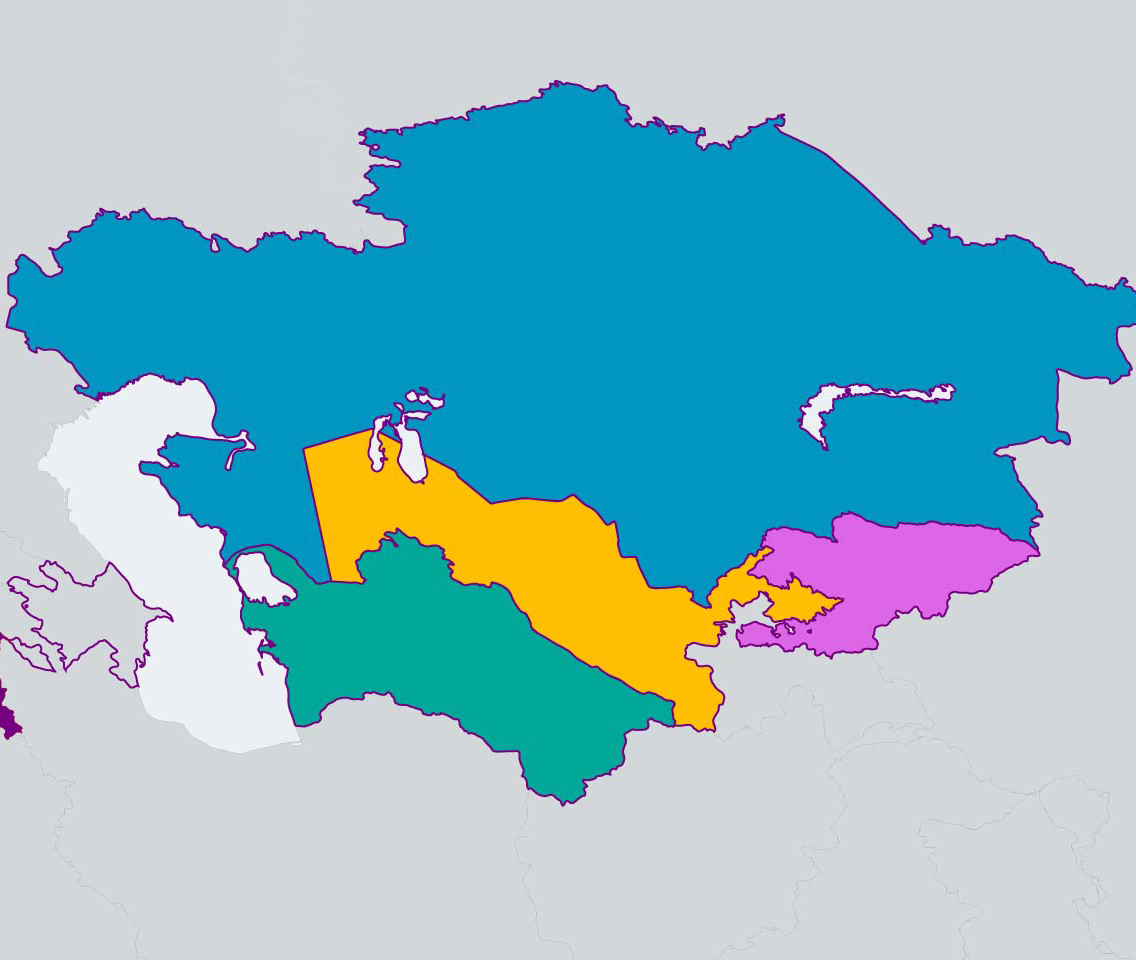
A survey of LGBTI organisations across Europe and Central Asia finds they face significant challenges in the face of growing anti-LGBTI forces, and the ongoing COVID-19 crisis.
A report launched today by Europe’s leading LGBTI organisation, ILGA-Europe indicates that LGBTI activists are struggling to resource their work amid a number of challenging factors.
The report, entitled, “Funding To Meet Changing Realities – LGBTI Organisations on the State of Funding in Europe and Central Asia, Survey 2021”, based on survey responses from 300 LGBTI organisations across Europe and Central Asia finds that:
- About one third of LGBTI organisations operate on yearly budgets under 20,000 Euro, whilst engaging in a wide variety of activities to simultaneously serve their communities and advance laws and policies to protect LGBTI people’s human rights
- Amidst the COVID-19 pandemic, organisations across the region stepped up to fill the gaps by providing services to LGBTI people that should have been provided by public authorities
- Every second LGBTI organisation in the region experiences stress and burnout due to not being able to meet the needs of LGBTI people coming in for help
Overall, 84.9% of organisations say that they have been faced with burnout issues. The most common cause of stress and burnout across was not being able to meet the needs of LGBTI people coming in for help (49.7%), responding to COVID-19 (46.1%) and having to respond to external threats from right wing, anti-LGBTI or “anti-gender” groups or individuals (43.6%).
The report further assesses challenges that LGBTI organisations face and maps the diversity of work done and communities served by organisations. About three-quarters of LGBTI organisations identified a lack of funding for the activities that are most important to their organisation as a barrier to implementing projects. They often do the most important work for them without funding, or without dedicated funding.
The report also indicates that the despite mounting workloads, burnout and growing threats and attacks, LGBTI organisations continue to widen their work, focusing on a variety of highly vulnerable groups within the LGBTI community, such as migrants, young people, and trans and gender and non-conforming people, and are in dire need of additional resources to ensure that they can strengthen these efforts.
Amongst the good news is that LGBTI organisations across the regions have grown the proportion of their own resources to support their work, for instance by getting more donations from companies and private donors.
Launching the report, ILGA-Europe Programmes, Director Björn van Roozendaal said: “Behind the rich data contained in this report there is a powerful story of LGBTI activists who amidst growing opposition, rising oppression and an unfolding pandemic have continued to stand up for their communities, reached out to those who are most affected and continued to undertake new work and build partnerships to meet today’s challenges. But resources continue to be scarce. The stark findings of this report should be a call to action to anyone who can and wants to support or step-up their commitment to support LGBTI organisations.”
Further information:
The report Funding To Meet Changing Realities – LGBTI Organisations on the State of Funding in Europe and Central Asia, Survey 2021 is written by Erin Howe and Somjen Frazer from Strength in Numbers Consulting Group for ILGA-Europe. It is based on a survey to which nearly 300 LGBTI organisations responded, as well as interviews with 21 activists.
For further comment, contact: Ana Muñoz Padrós, ILGA-Europe: ana@ilga-europe.org, +32 493 35 60 55
Overview of ILGA-Europe’s finances in 2021

In the financial year 2021 ILGA-Europe obtained and recognised €3,322,339 in revenues, which is approximately a 6% increase from the 2020 revenues. The share of unrestricted funding increased significantly over the past years (reaching over €500k in 2021), while the amount of available core funds was increased or at least maintained through the period. The European Commission operating grant remained at just under €1.2M (incl. 20% co-funding) – slightly less resources were used in 2020 due to COVID-19. The share of project funding, while still high (over €1.3M in 2021), was decreased by over 15% in terms of budget share, allowing for the work to be more tailored and responsive to needs, and for resources to be allocated more flexibly to emerging trends and activities, especially in re-granting.
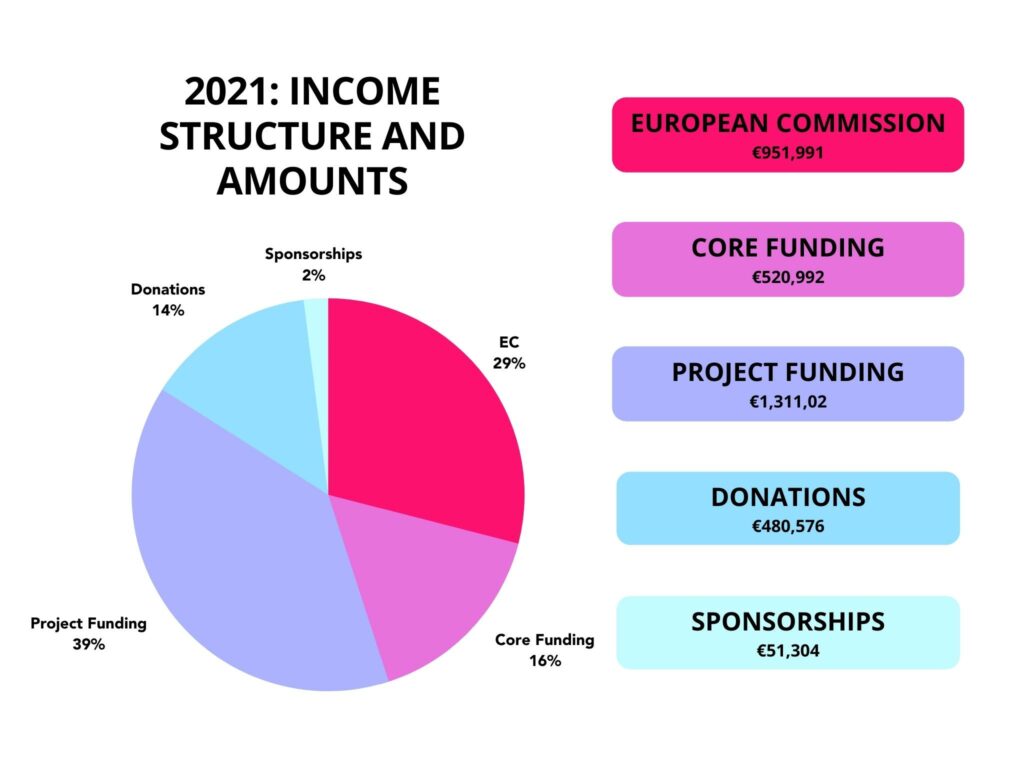
The total of expenditures registered in financial year 2021 amounted to €3,152,160, outlined in the chart below.
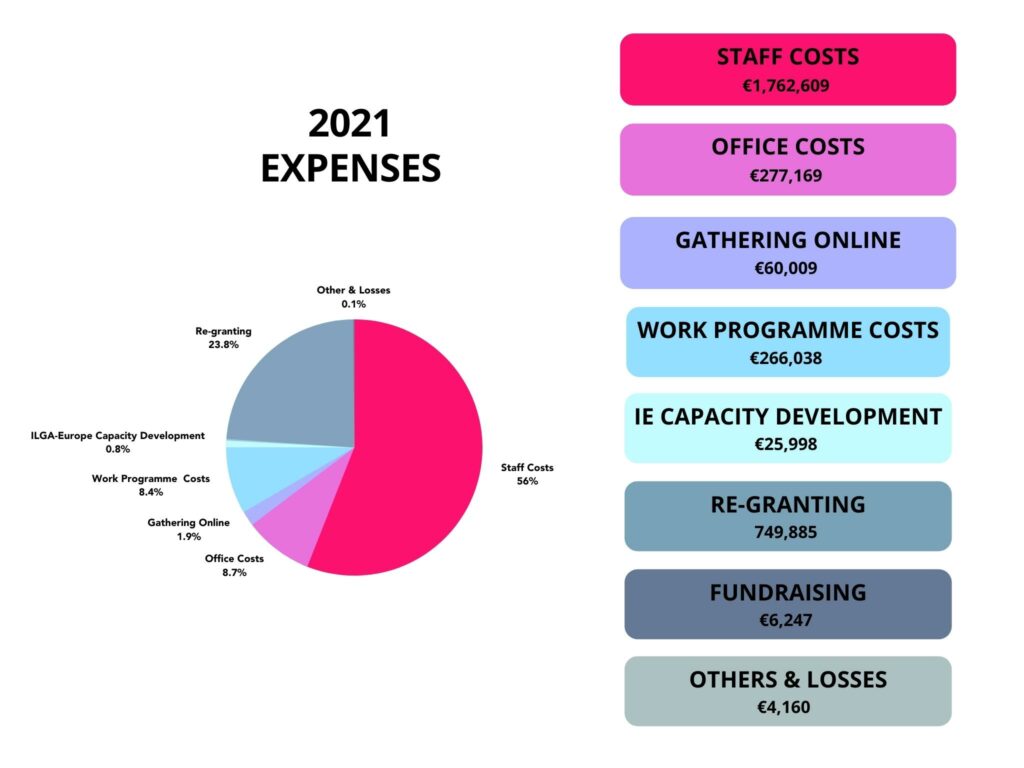
The most significant cost category was ILGA-Europe’s re-granting. Overall, 60 new grants were awarded in 2021, for a total amount of €749,885. While these figures are lower than the new grants issued in 2020, the total number and value of active grants that ILGA-Europe managed within the year 2021 was significantly higher – 139 (for a total of €1,742,102), compared to 115 (for a total of €1,377,403) in 2020. What is important to note, is that as of 2020, when ILGA-Europe began raising sufficient amounts of unrestricted donations and sponsorships to cover activity costs beyond standard budget and co-funding gaps, our own funds have been allocated to re-granting in order to widen the scope of organisations funded. In 2021, nearly €200,000 of our donation funds were used for supporting subgrantees – that is over 25% of our total re-granting budget for the year.
The independent audit of the year was carried out in January 2022 and found no issues. A year-end result of €170,180 was recognised, primarily sourced from unrestricted funds and extraordinary income. With this, ILGA-Europe’s reserves stand at €428,476.